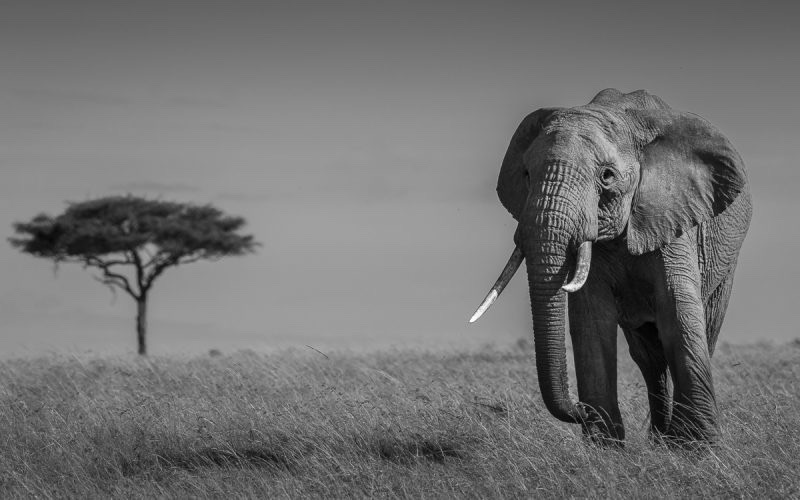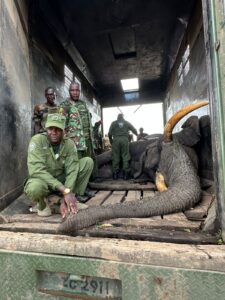We wanted to start with some exciting news from March, the announcement of a brand-new Mara Elephant Project ranger unit dedicated to protecting the “Forest of the Lost Child” (Naminina Enkiyio) or Loita Forest. We currently have two ranger teams operating in the Loita Forest, and due to increased security concerns, we’ve decided to launch a third in the Isokon portion of Loita. Recruitment was held on March 8 and 34 men and women showed up to the recruitment overseen by MEP’s Assistant Senior Warden Jackson Maitai, the MEP “Echo” ranger unit (stationed in the Loita) and CEO Marc Goss. The recruitment started with a 3 km timed run and the first runner came in at a brisk pace of 14 minutes and most did this barefoot. After this, they were interviewed by Marc. The field has been narrowed down to five candidates that will join MEP at headquarters for training. We can’t wait to introduce you to the new rangers once training has been completed. We are so grateful to our supporters for joining MEP to protect the Loita Forest.

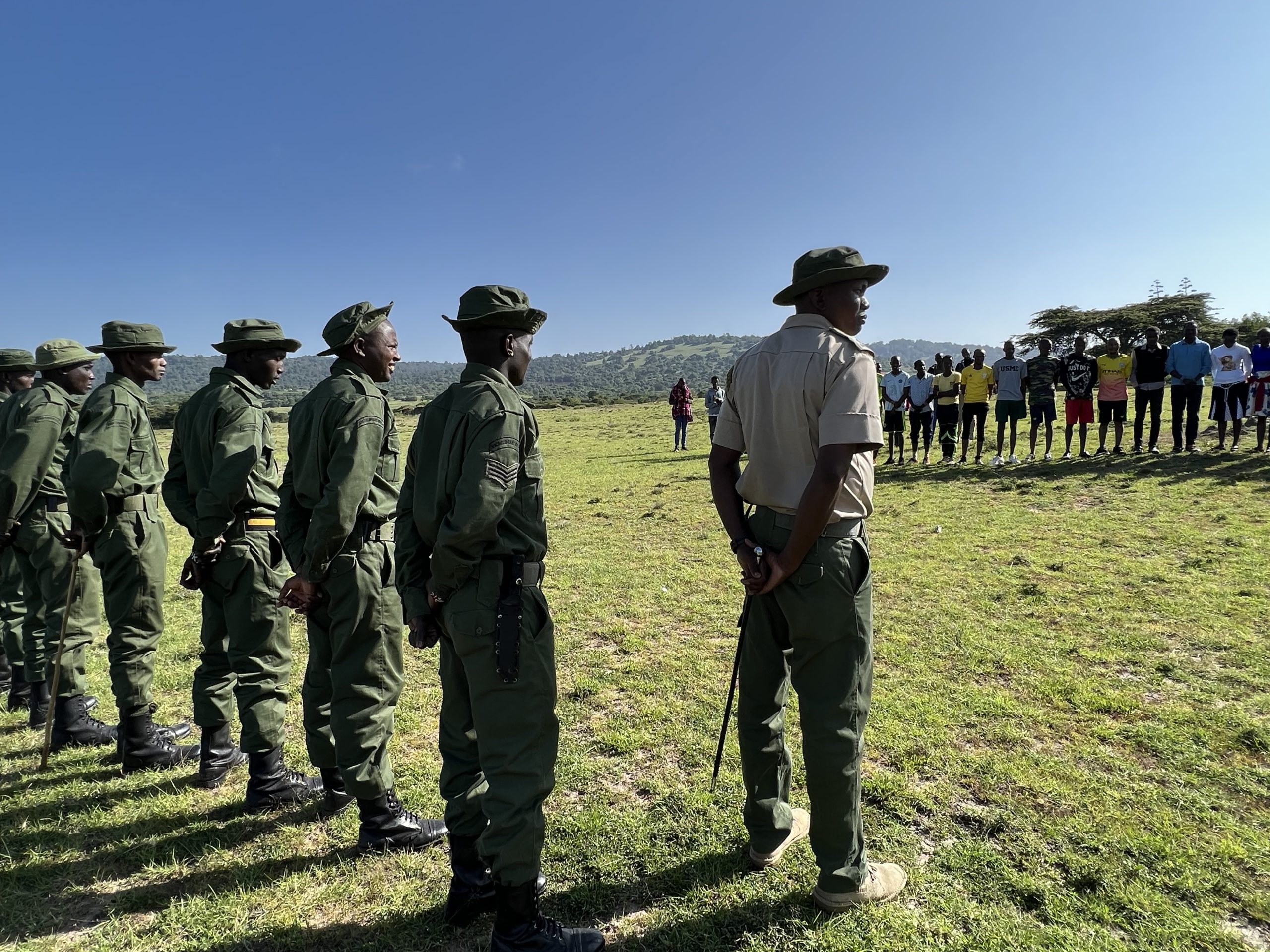
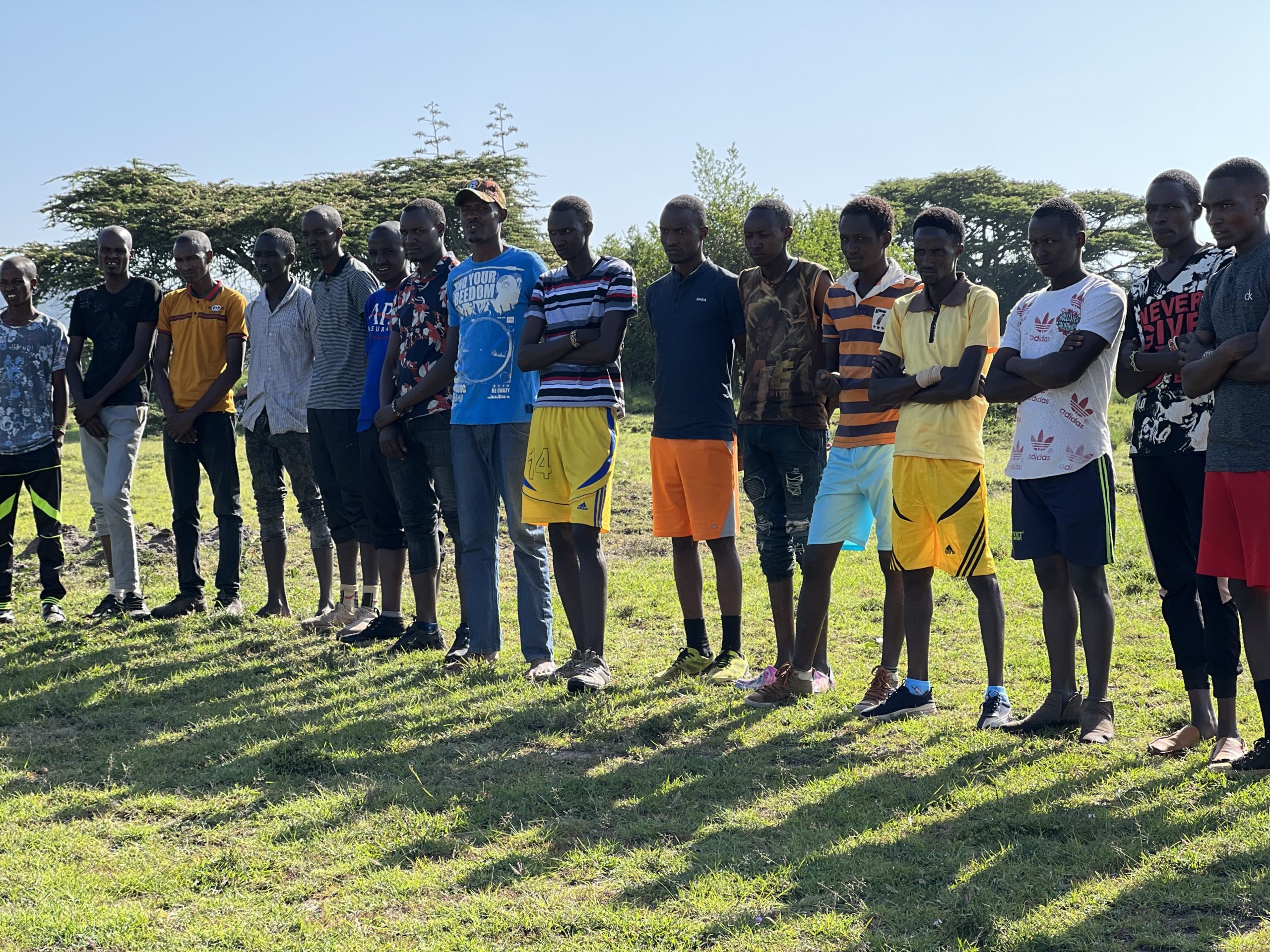
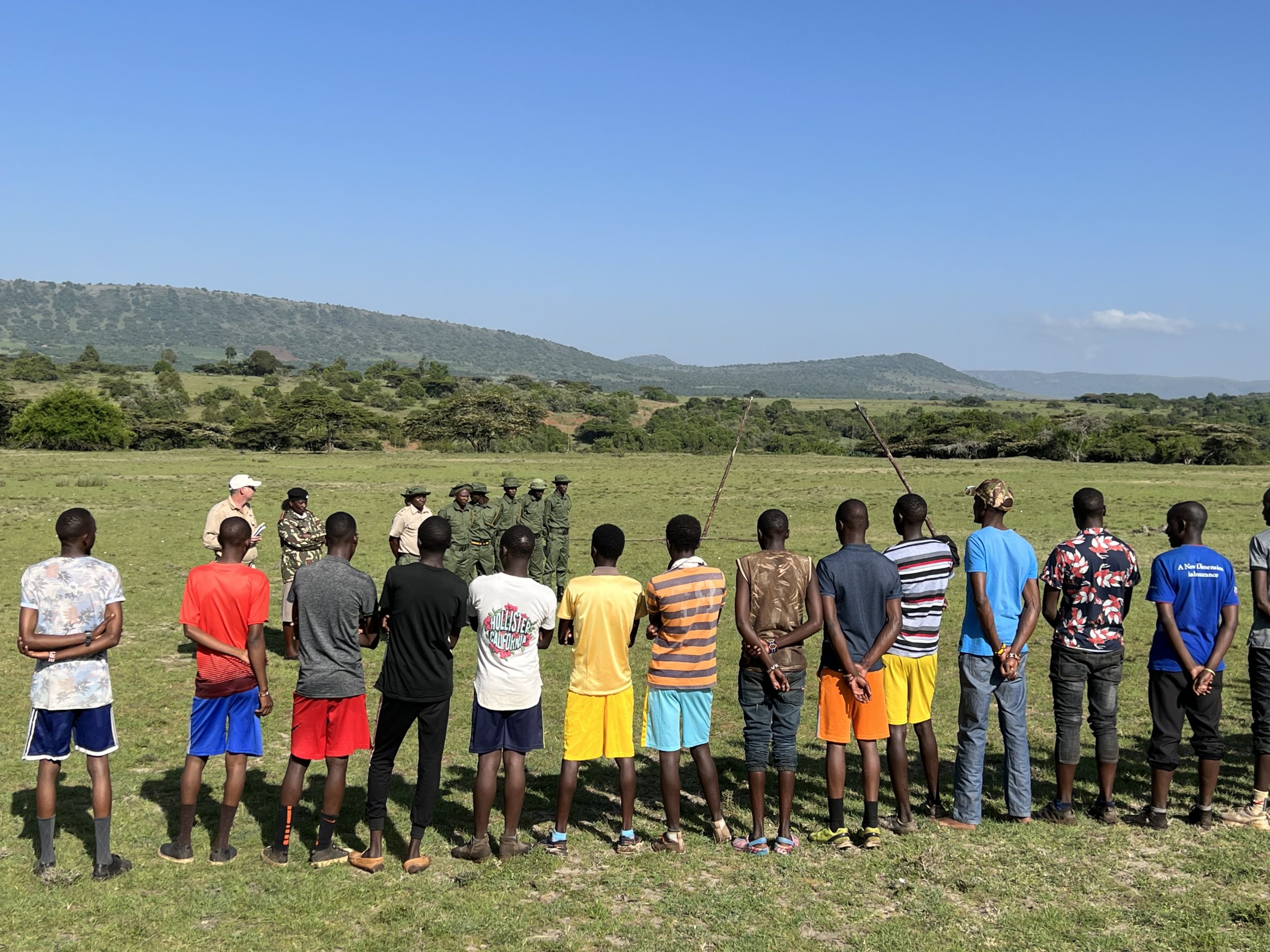
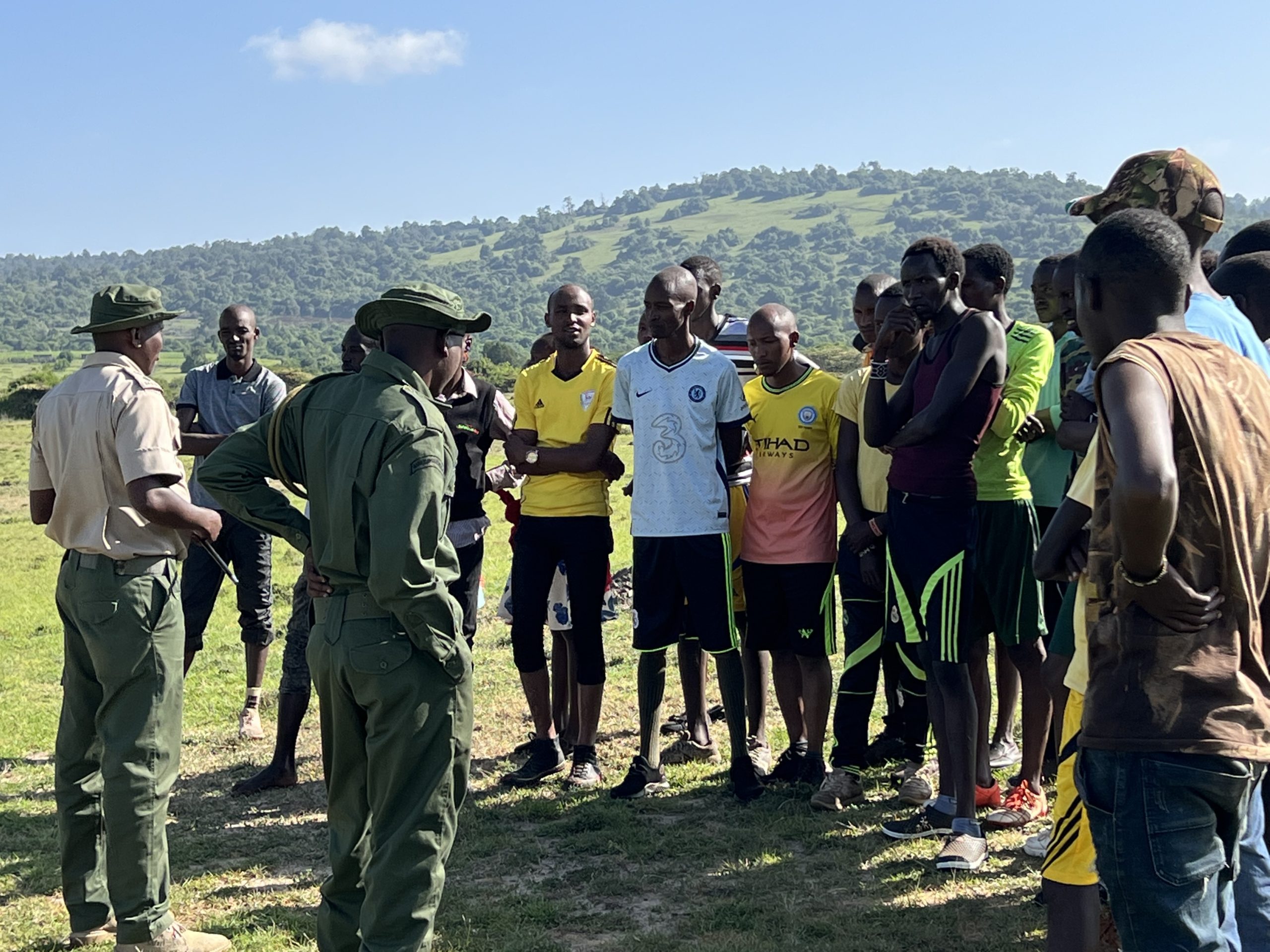
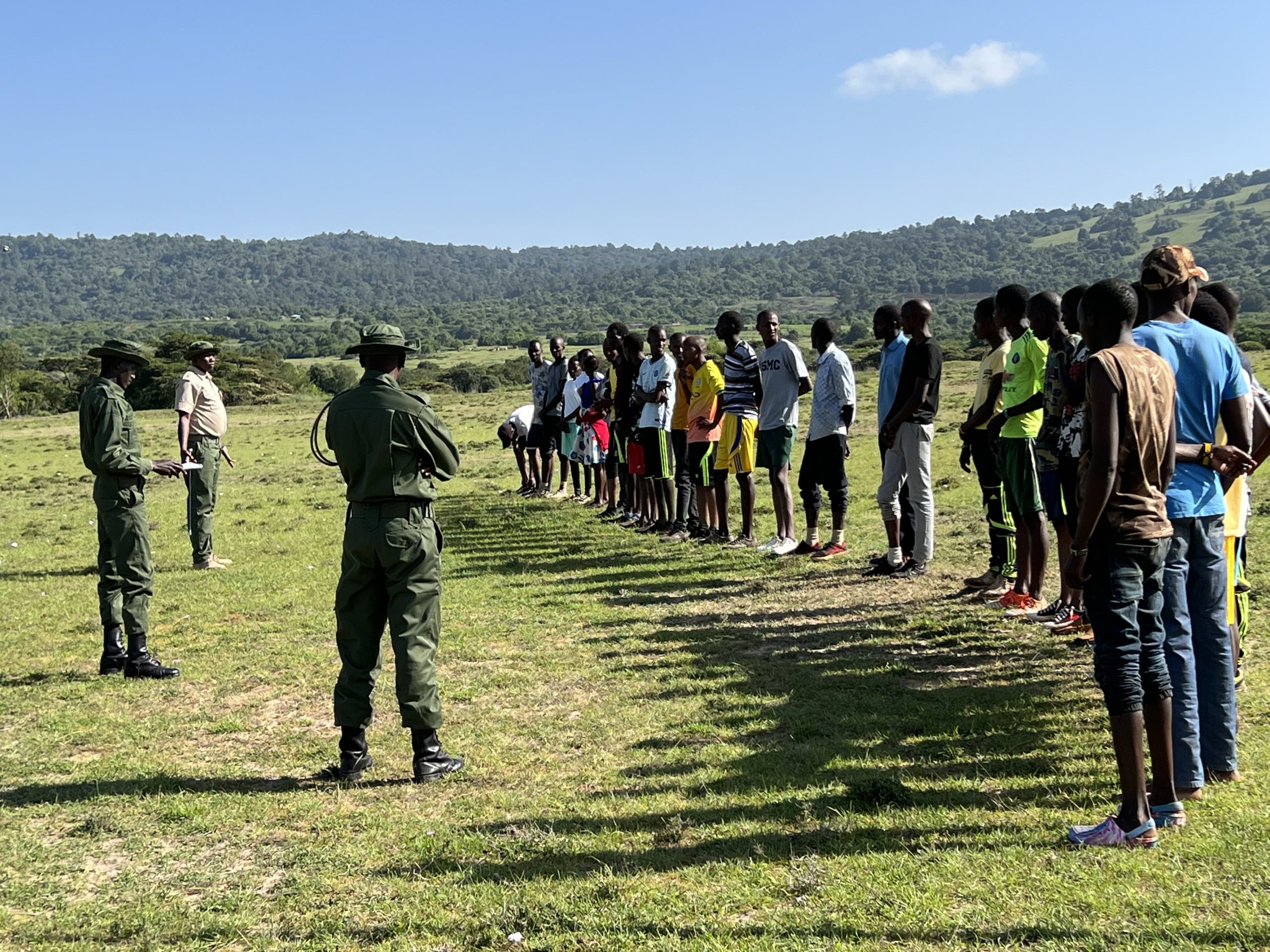
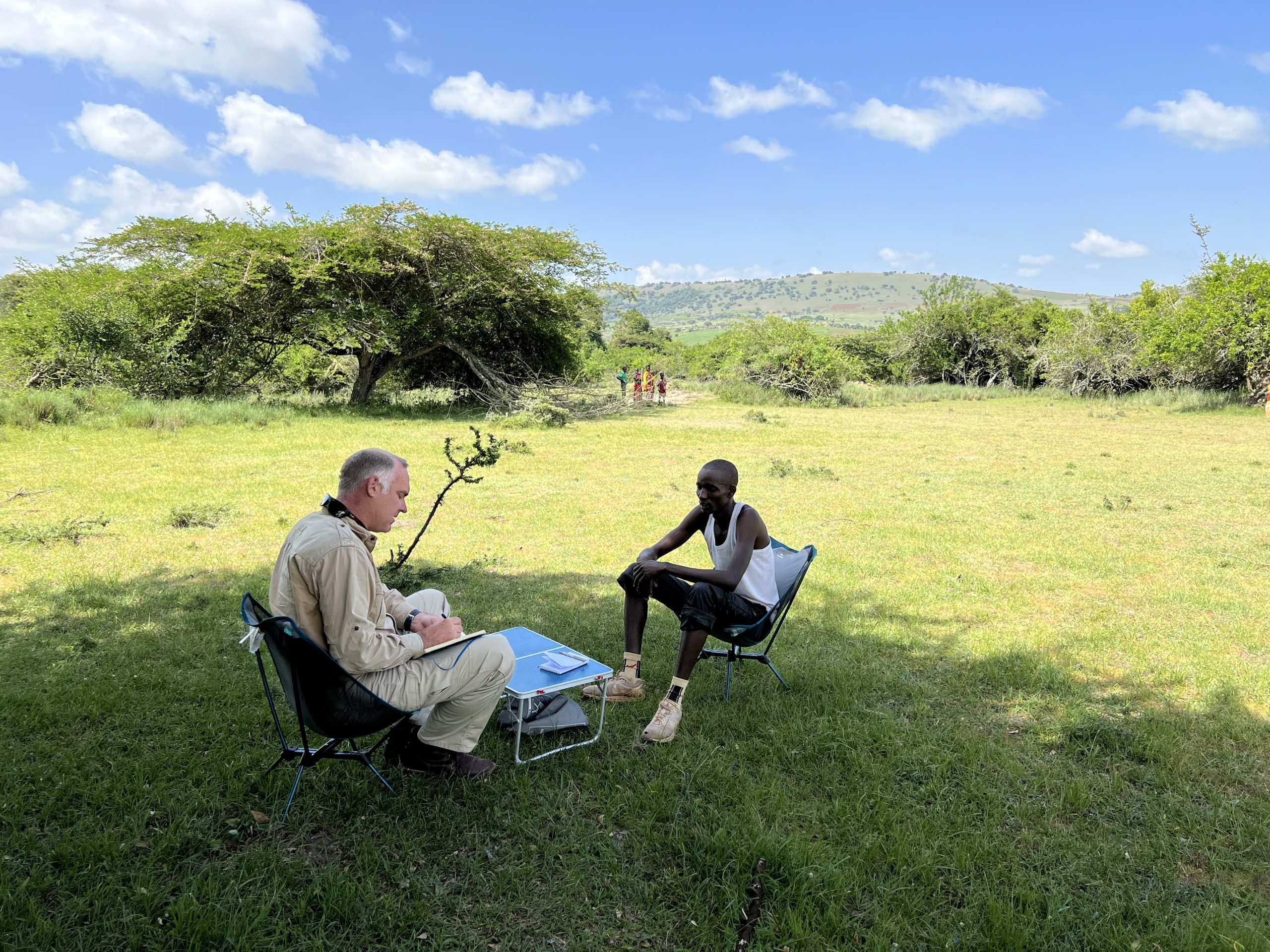
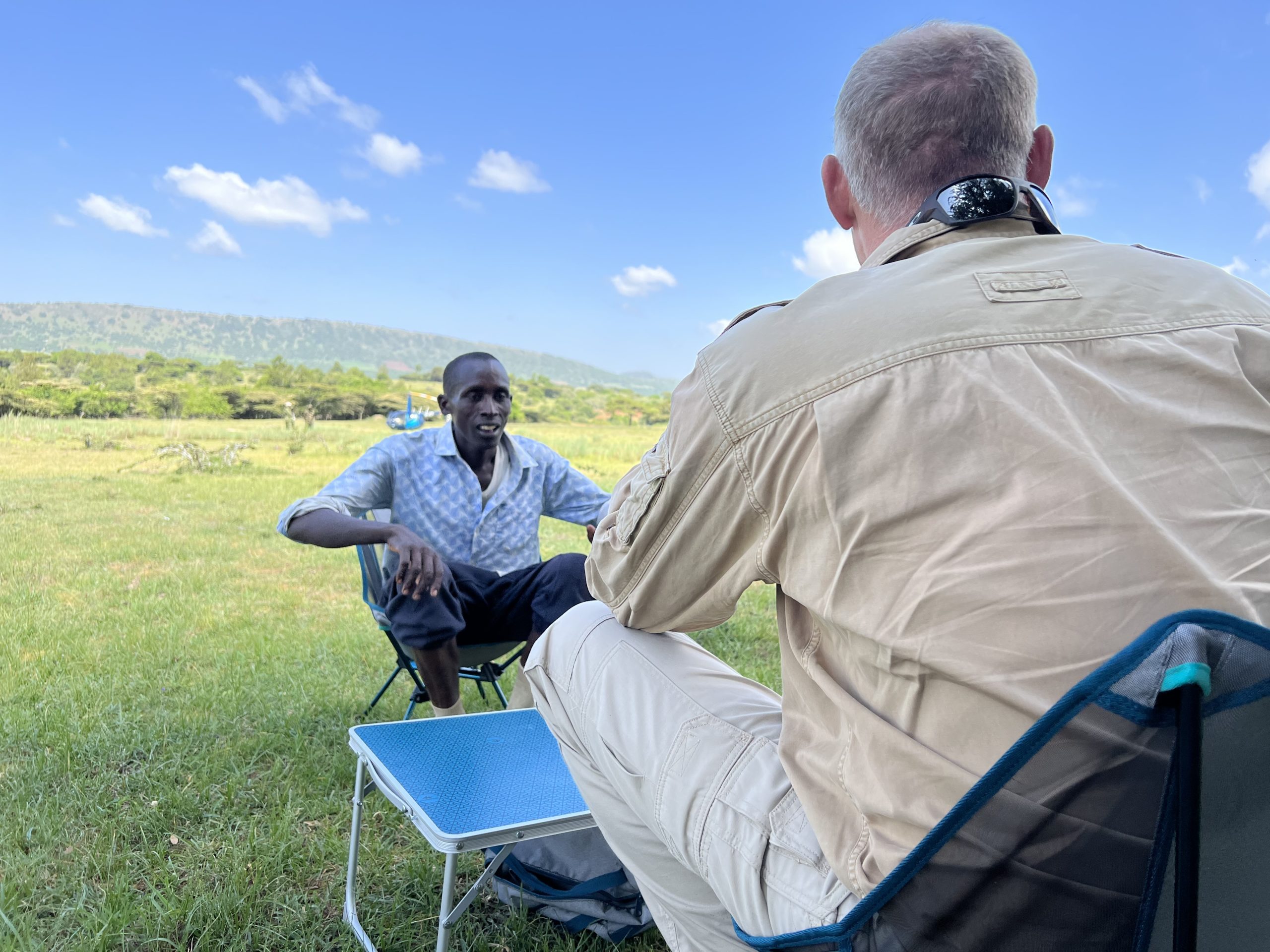
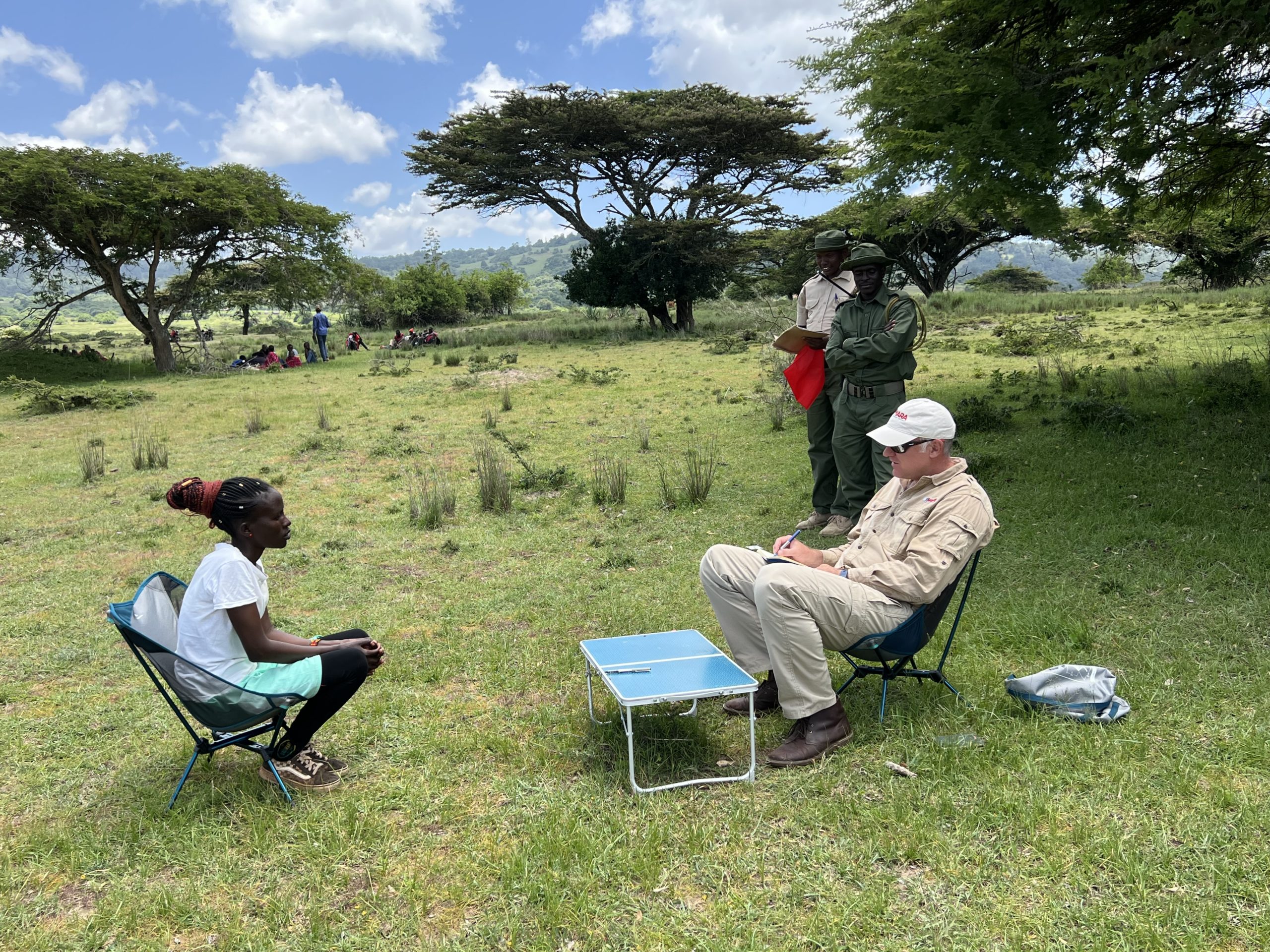
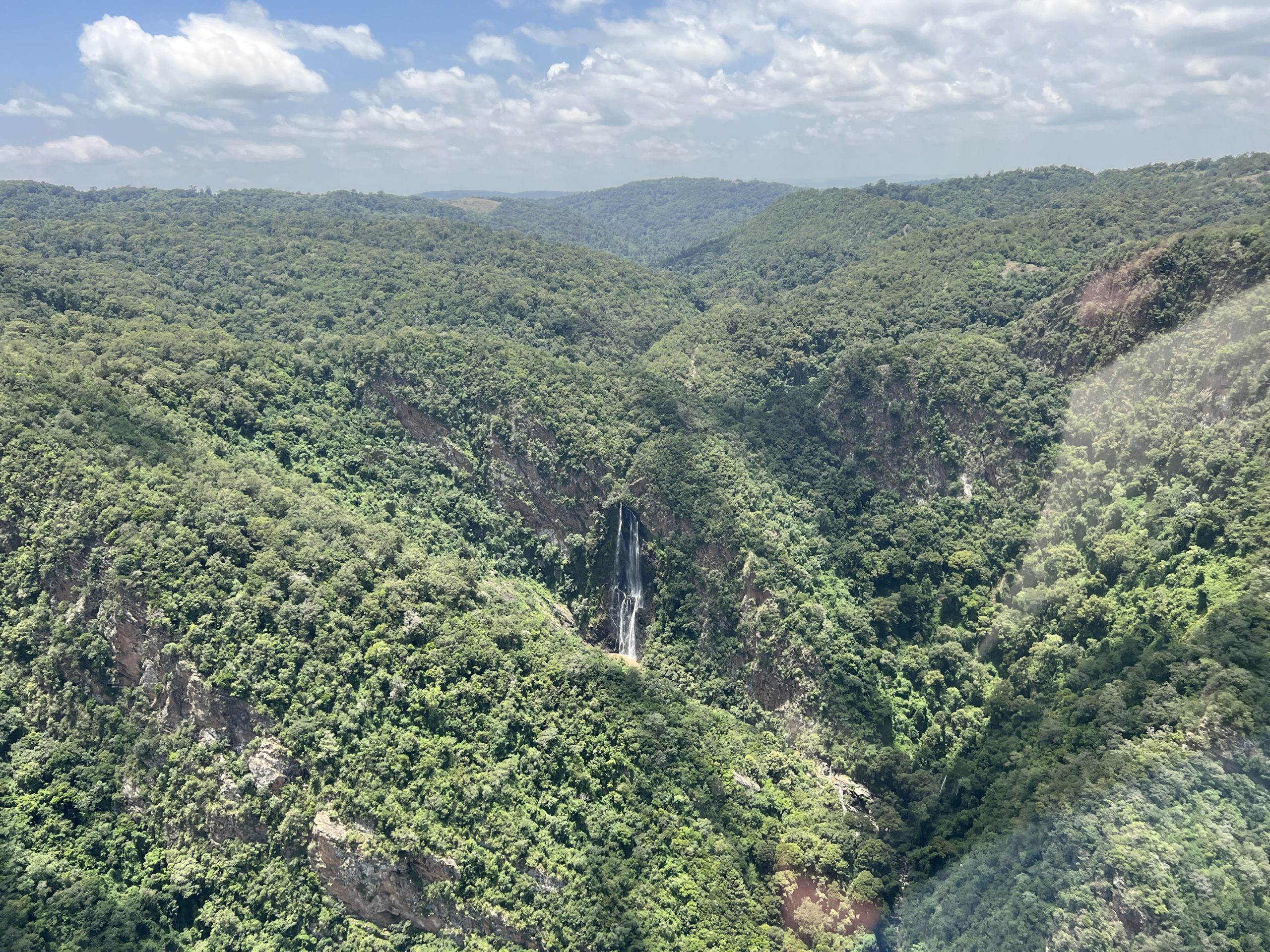
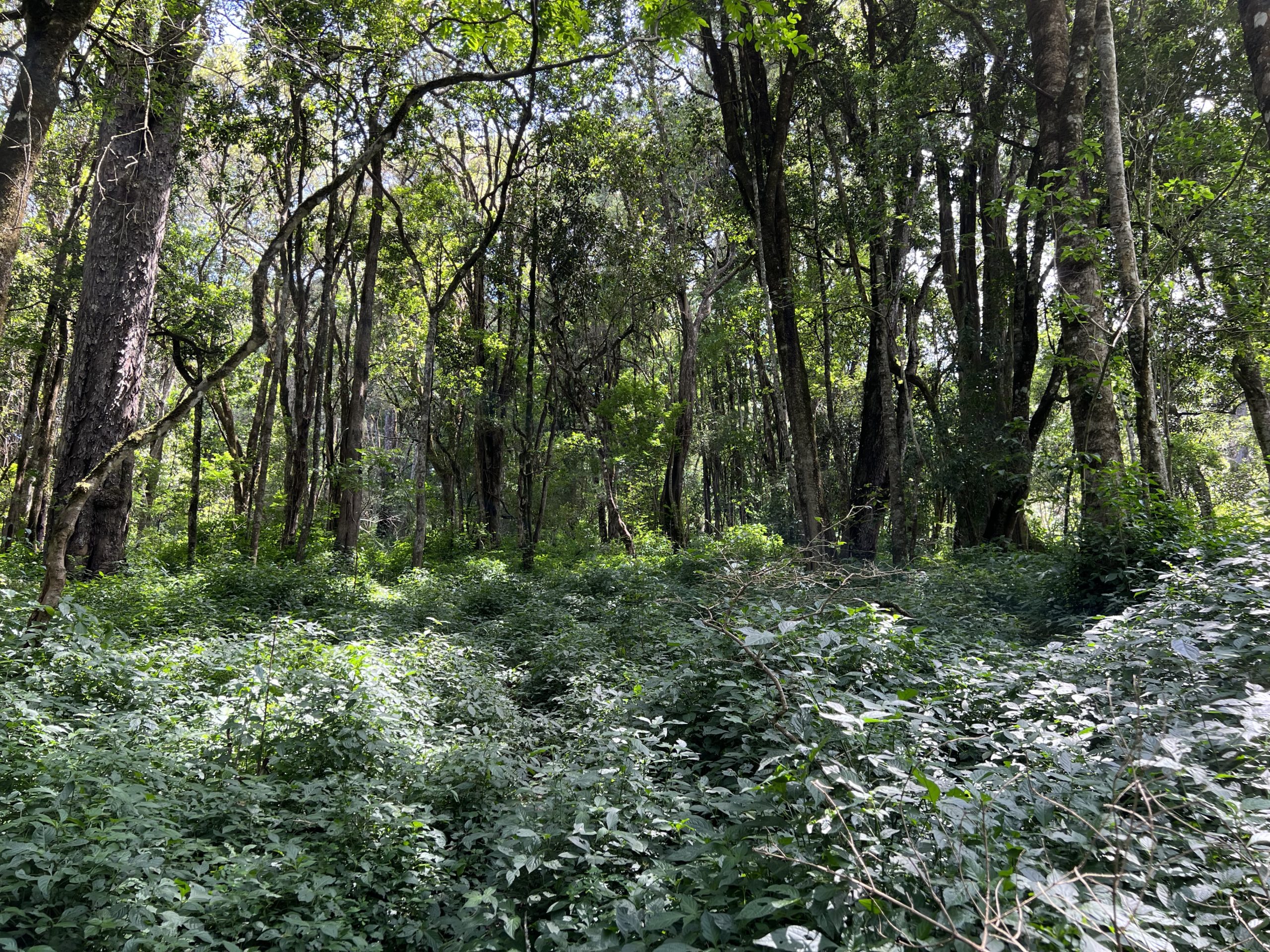
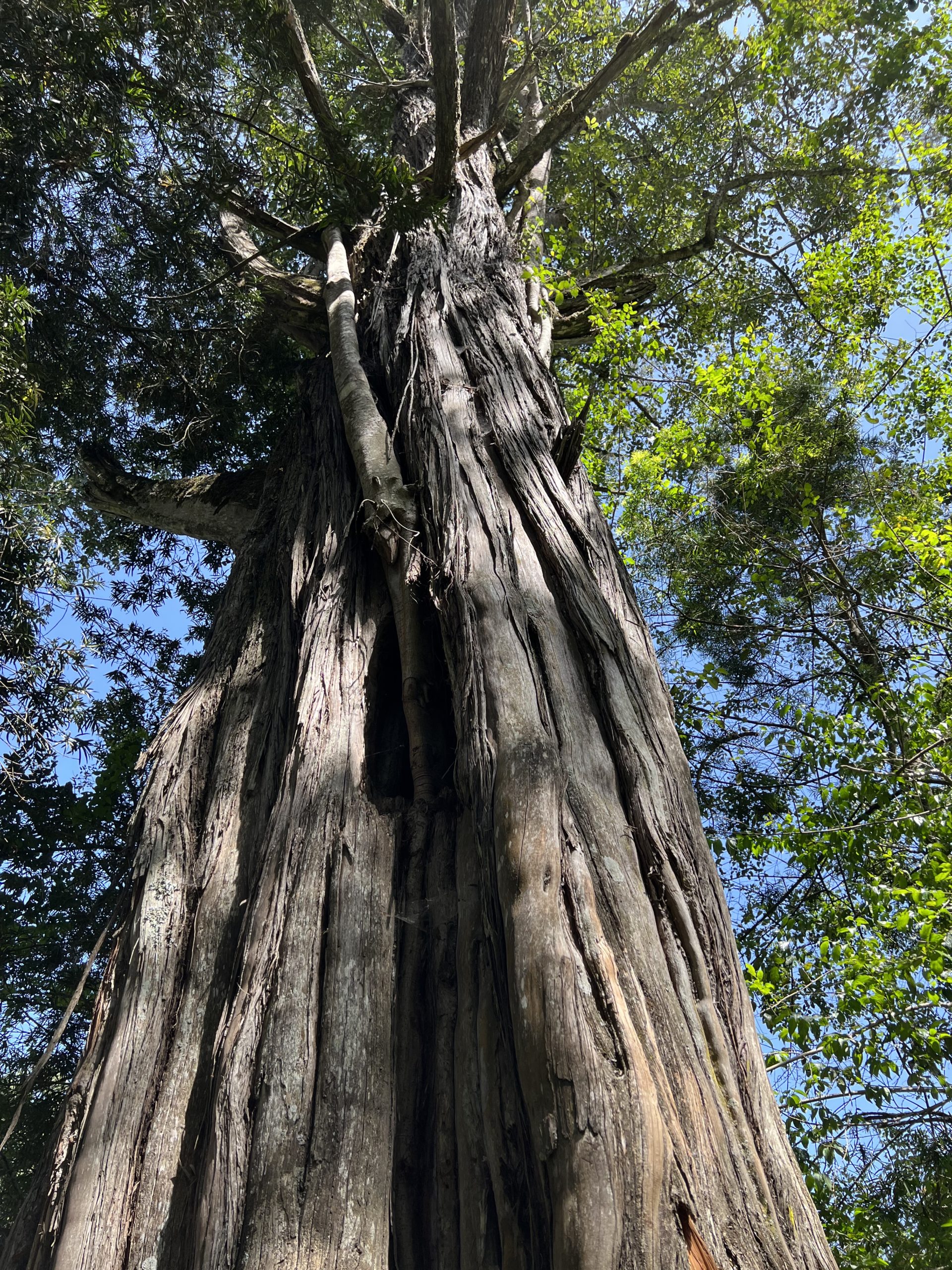
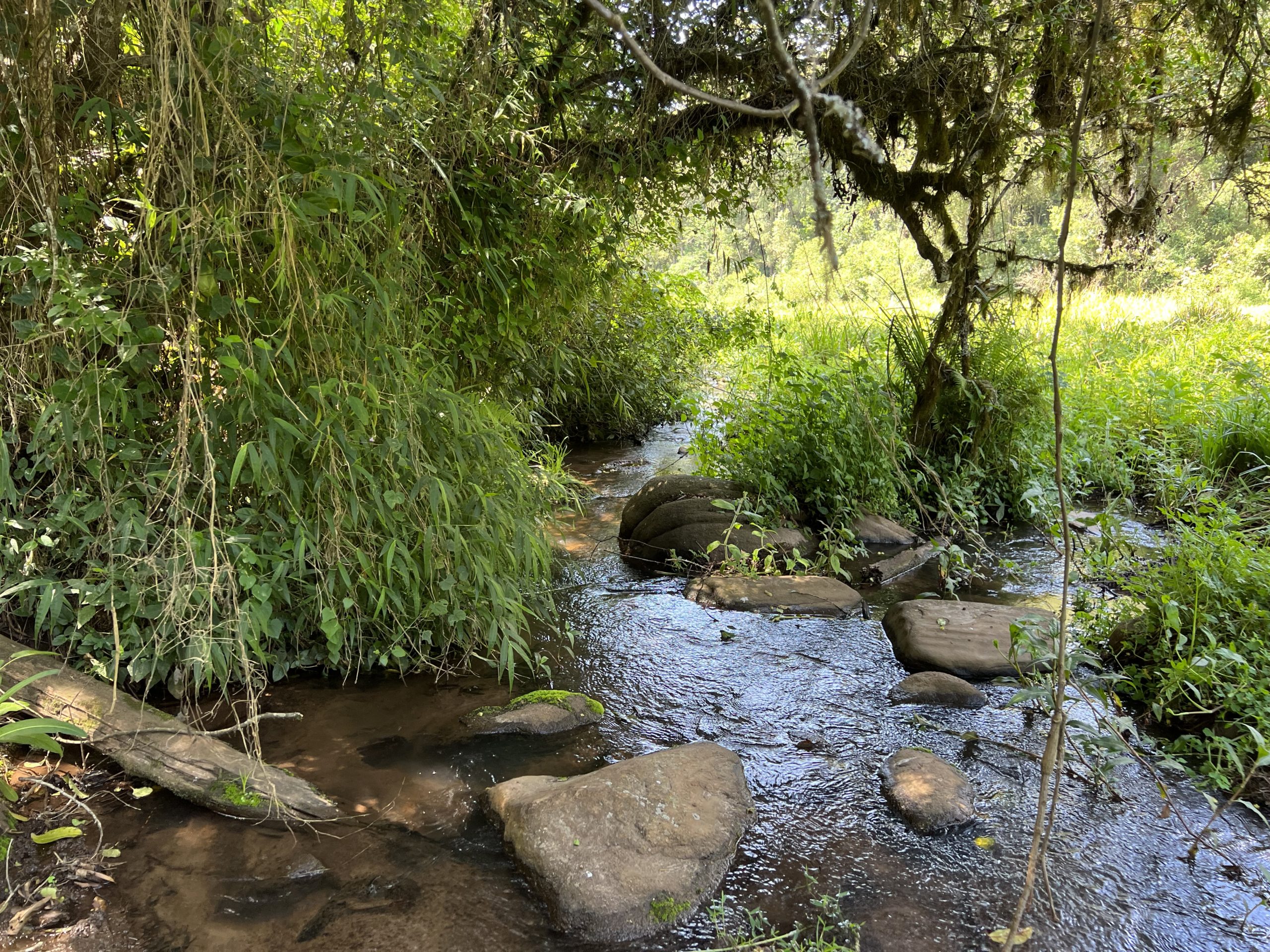
MEP rangers were busy alongside partners in February and March responding to conflict, shutting down illegal activities and participating in elephant treatments. In February, MEP rangers alongside government partners arrested two suspects with 2.8 kg of ivory. They also arrested a total of three bushmeat suspects, confiscated 107 kg of bushmeat and removed 31 snares in February and March. In terms of habitat destruction activities, the two MEP / Sheldrick Wildlife Trust (SWT) Mau De-Snaring Units were busy protecting the Mau Forest. In total, 25 habitat destruction suspects were arrested, 44 kilns destroyed, 111 charcoal sacks destroyed, and 430 illegally logged posts, timbers or trees were recovered.
One of the larger busts occurred on March 19, when the “Foxtrot” ranger team received intelligence that a lorry was parked in the Nyakweri Forest being loaded with 70 bags of charcoal. They set up an ambush alongside partners Kenya Wildlife Service (KWS), Kenya Forest Service and Narok County Government, and successfully arrested two suspects and confiscated the charcoal. Partnership operations like this are critical for increasing protection for critical habitats in the Greater Mara Ecosystem.

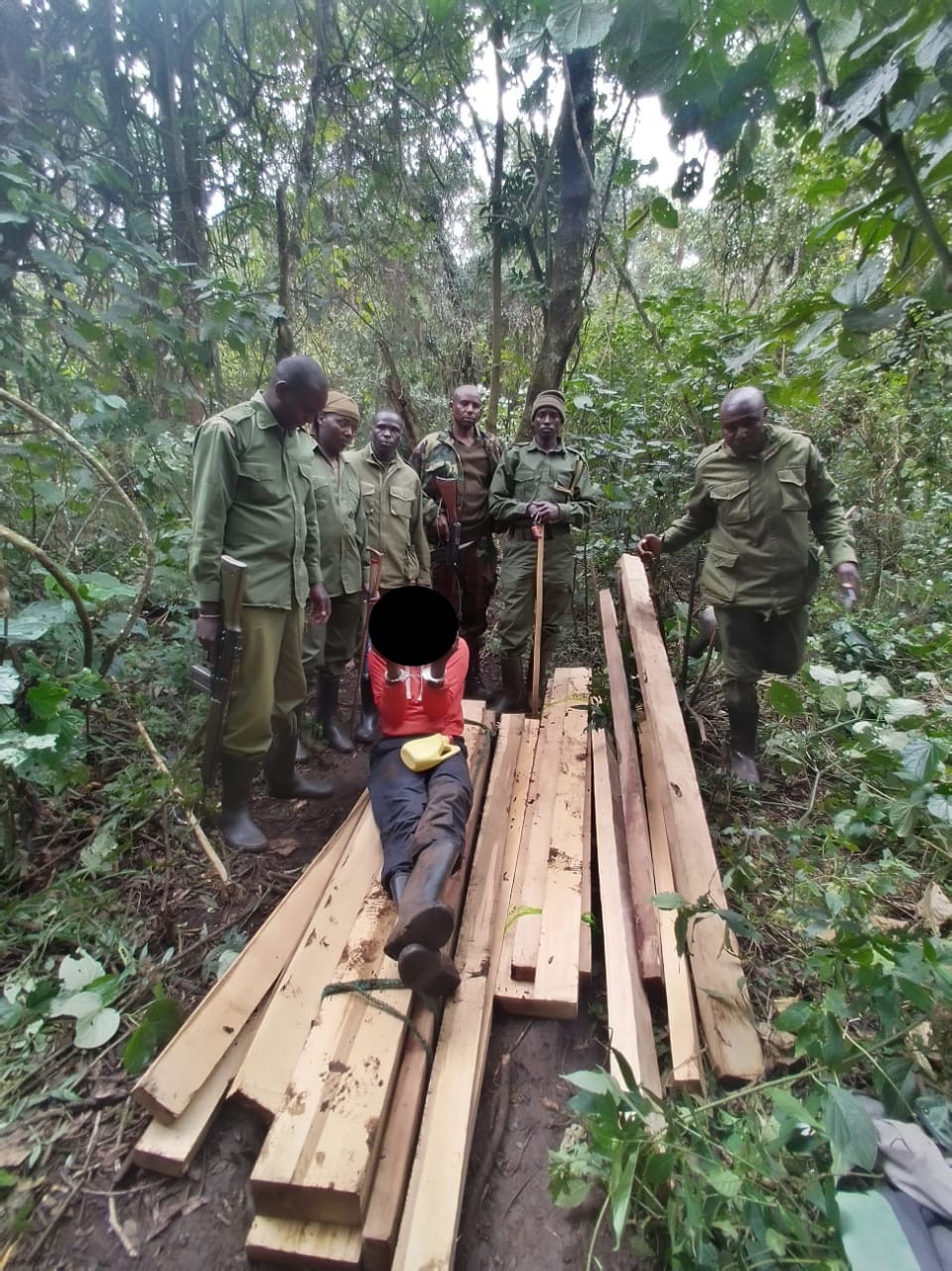
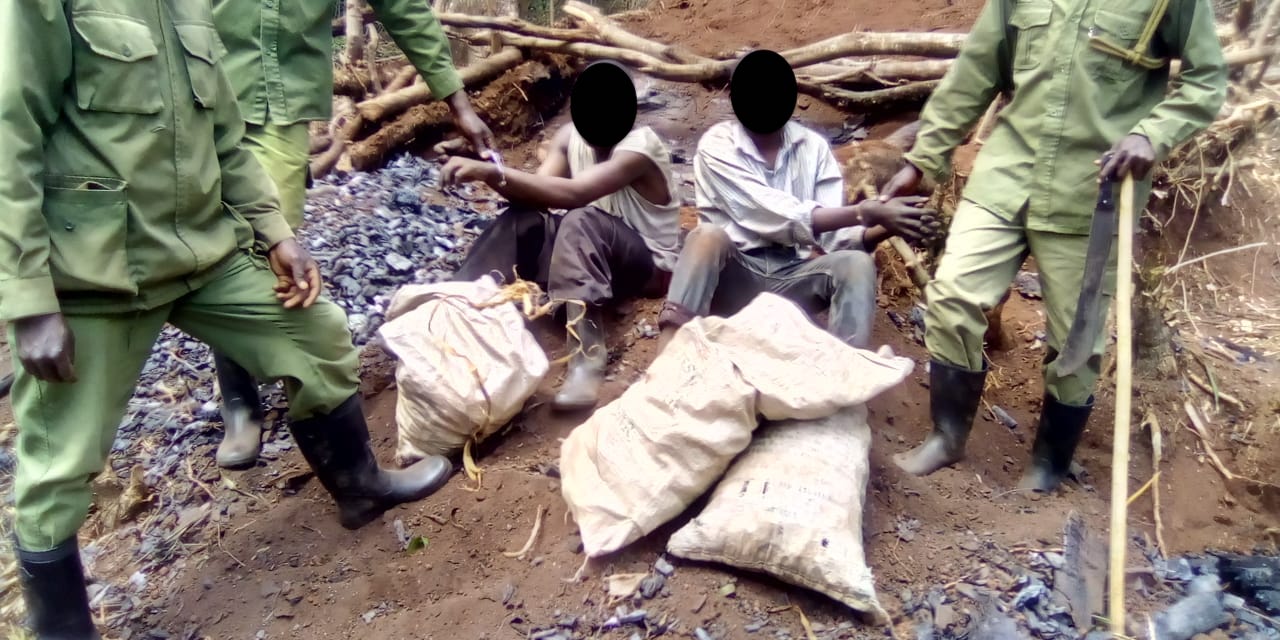
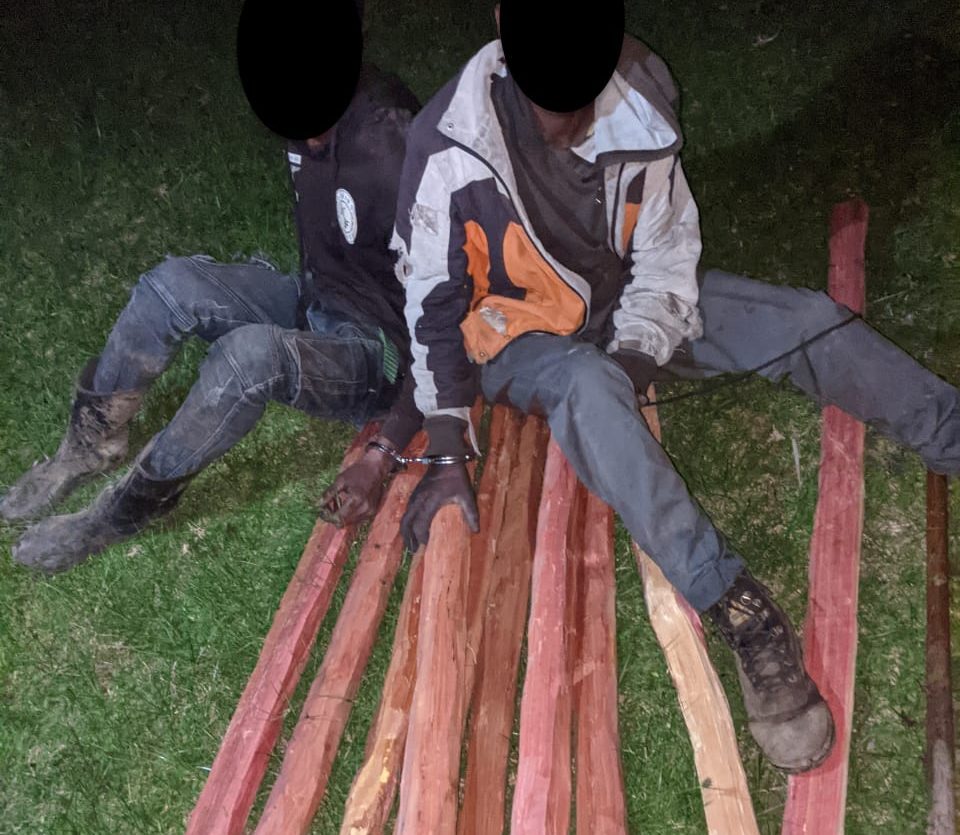
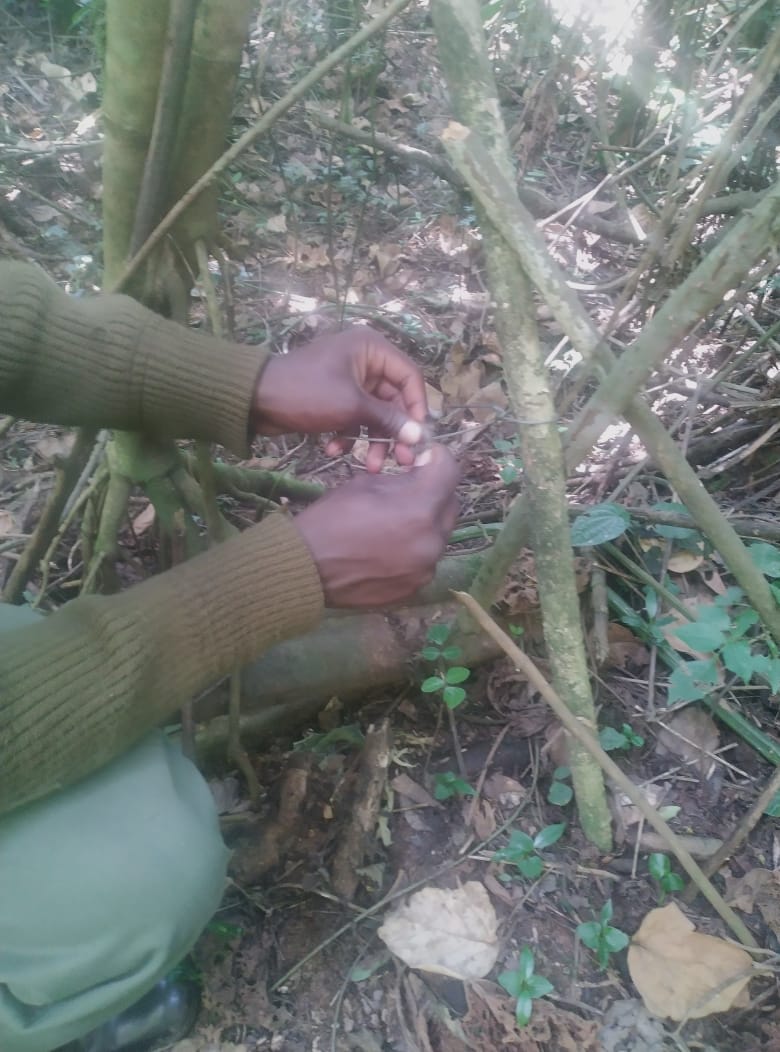

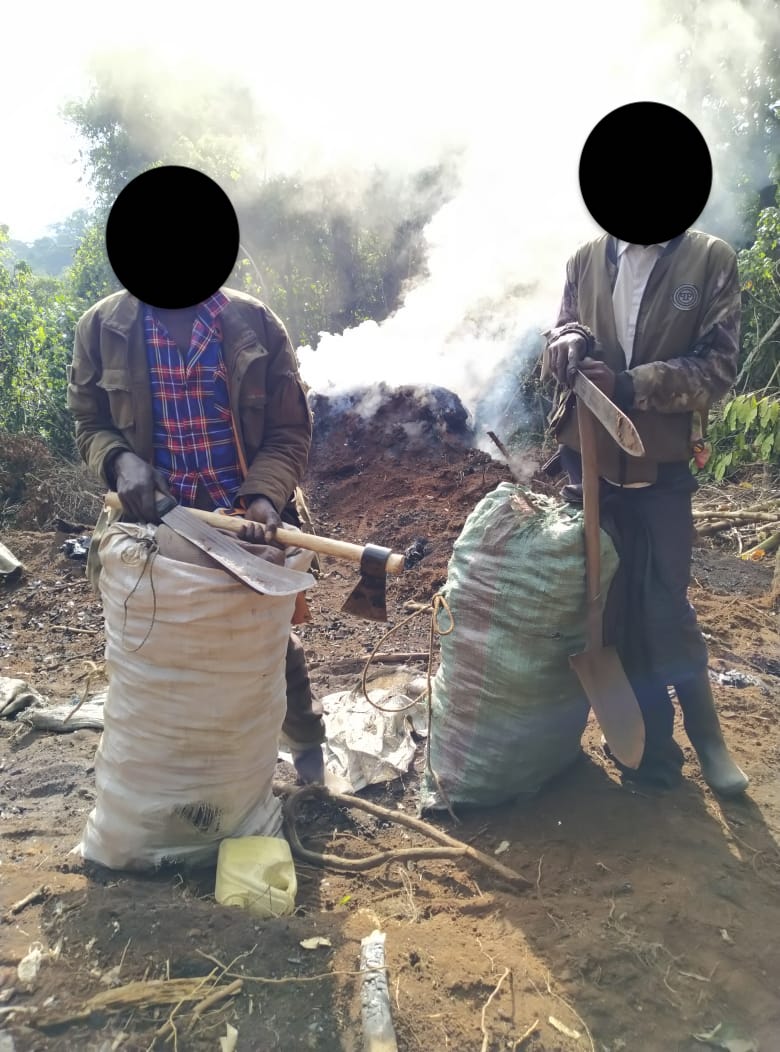
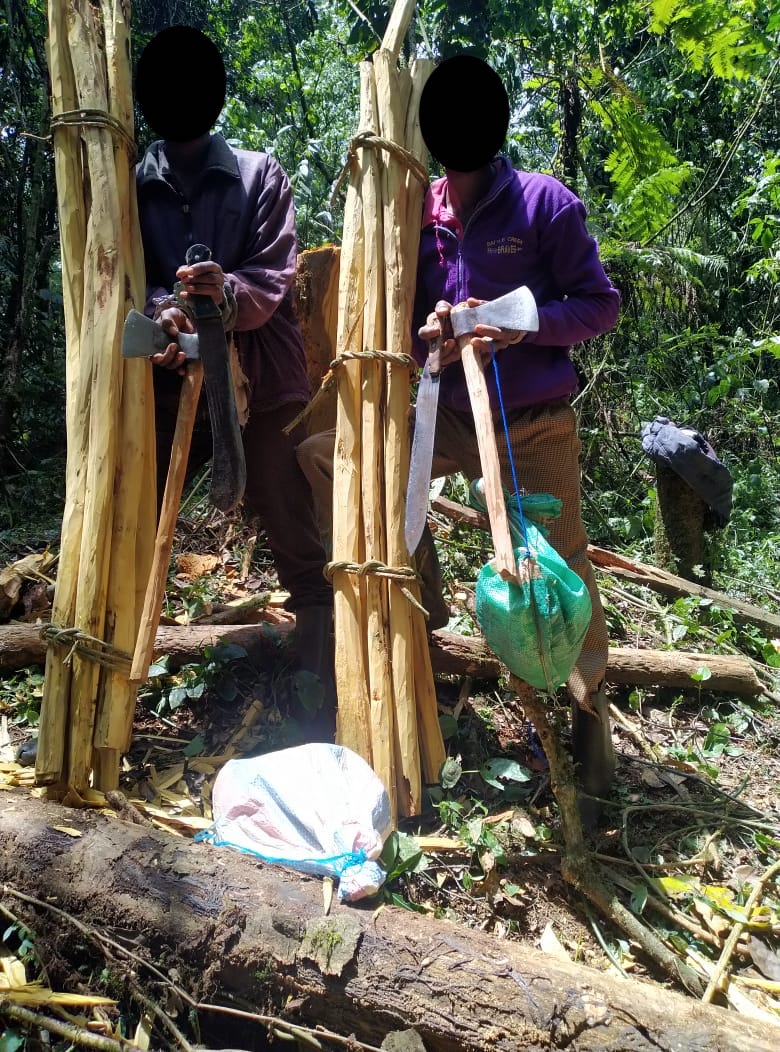
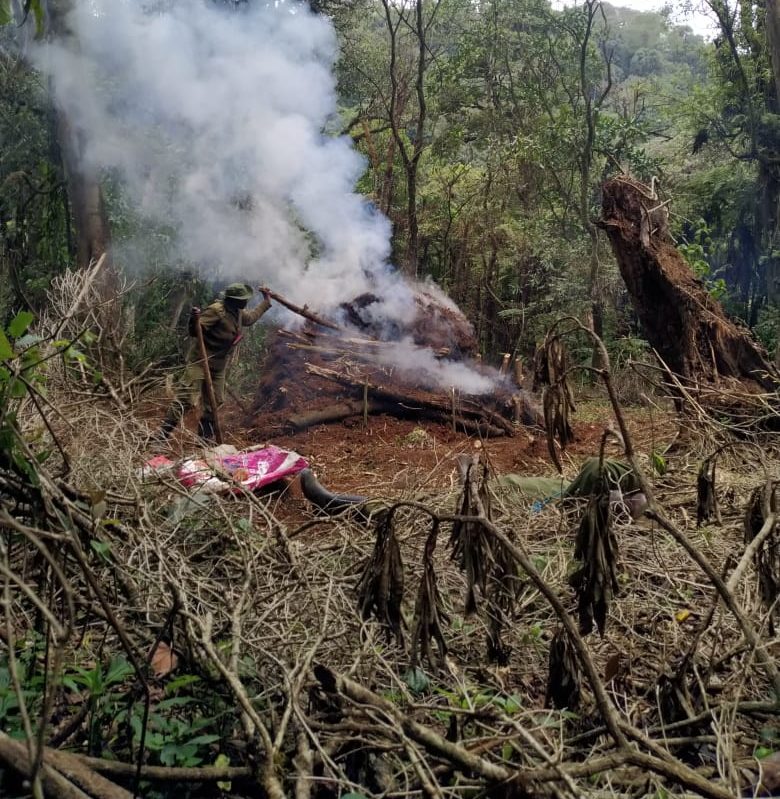



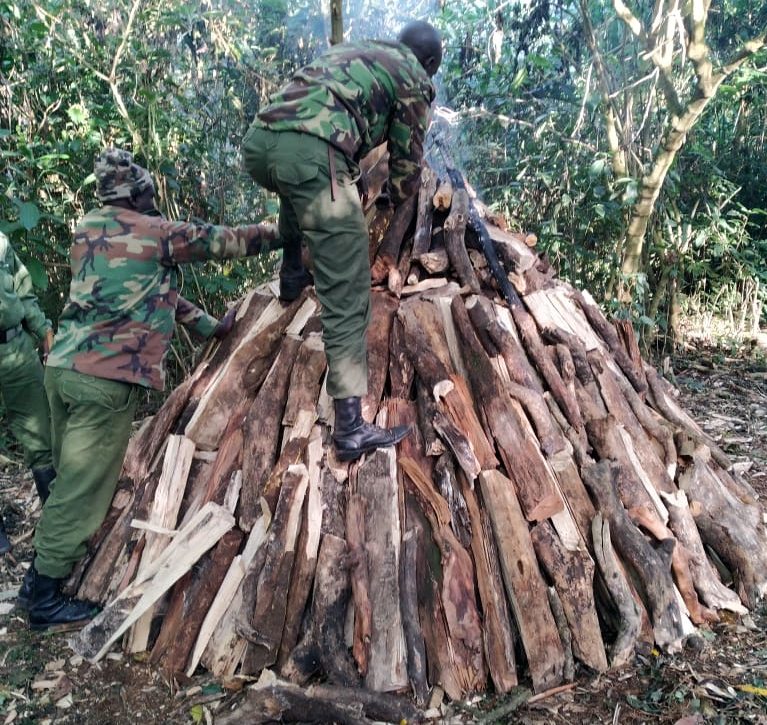
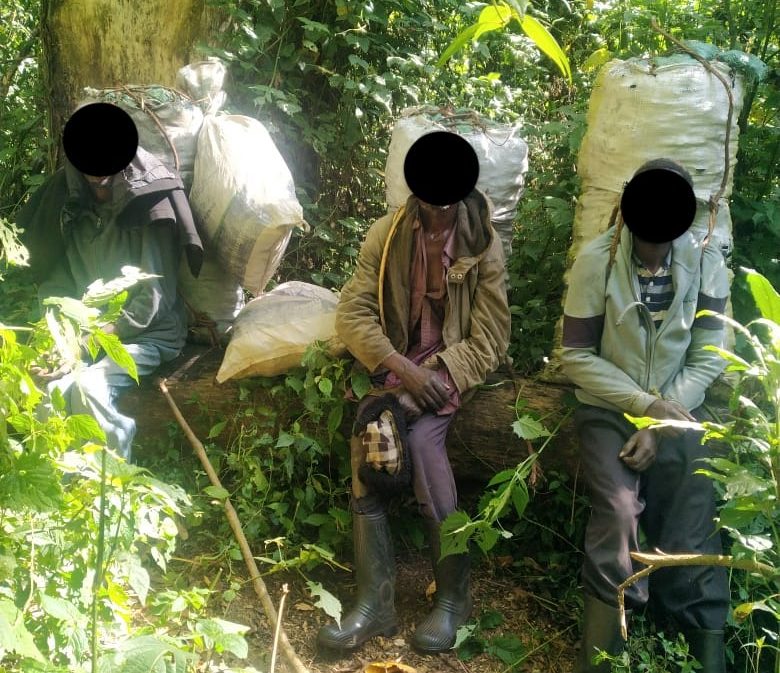
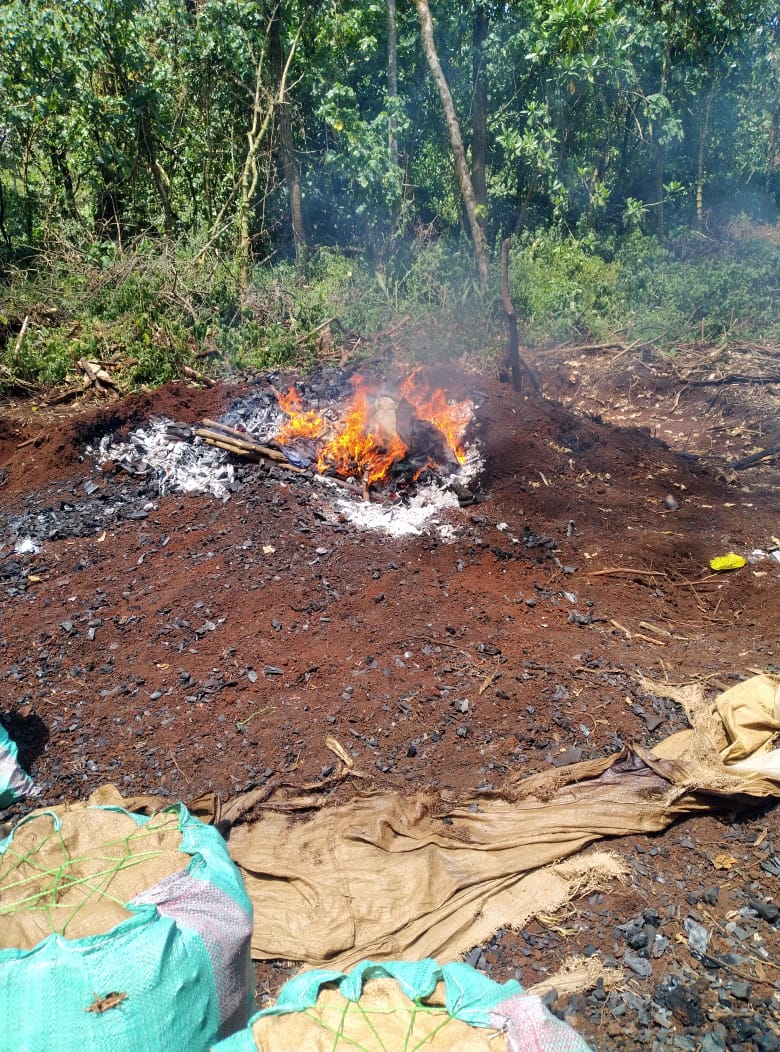
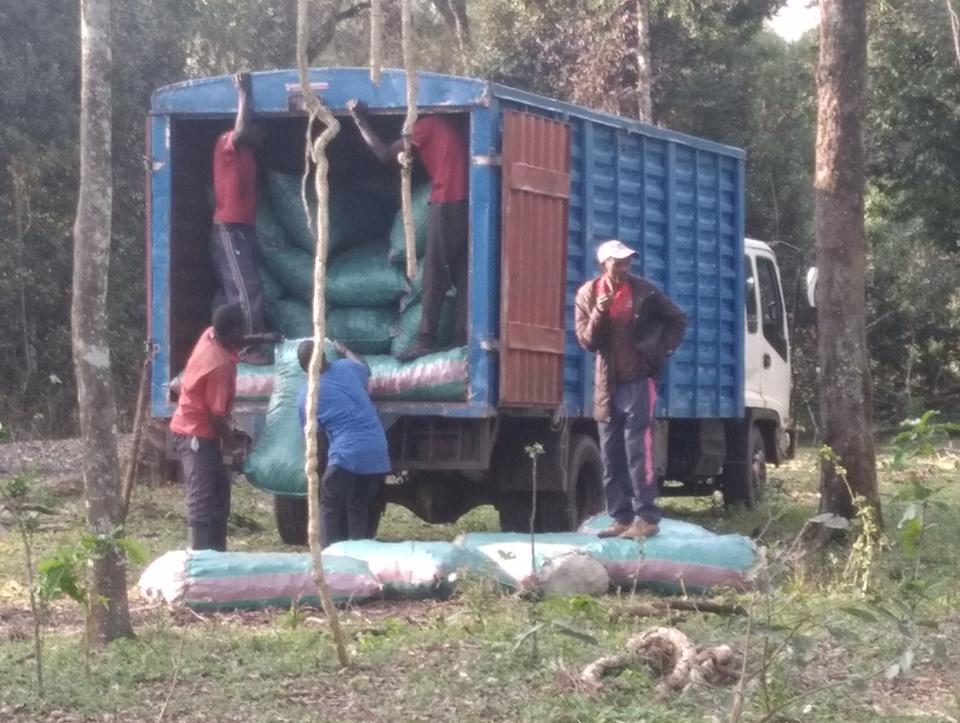
In February and March, MEP ranger teams participated in several elephant treatments alongside KWS Vet Dr. Limo from the SWT Mara Mobile Vet Unit. The first, on February 9, occurred when they spotted a bull elephant with a spear wound on his right rear leg, most likely a result of conflict with nearby communities. The second was later in February, on the 26th, when the team spotted a bull with a spear wound on his left front leg while on patrol in the Nyakweri Forest. The MEP long-term monitoring (LTM) team also teamed up with Dr. Limo on February 5, when a female elephant was monitored in Mara North Conservancy (MNC) with a spear wound to her eye, most likely a result of conflict with nearby communities. The MEP LTM team was called in to assist MNC rangers with a plan for treatment. This elephant was known to the LTM team and had been monitored regularly in MNC. KWS Vet Dr. Limo from the SWT Mara Mobile Vet Unit responded to treat all of these elephants and they continue to be an invaluable partner to us.
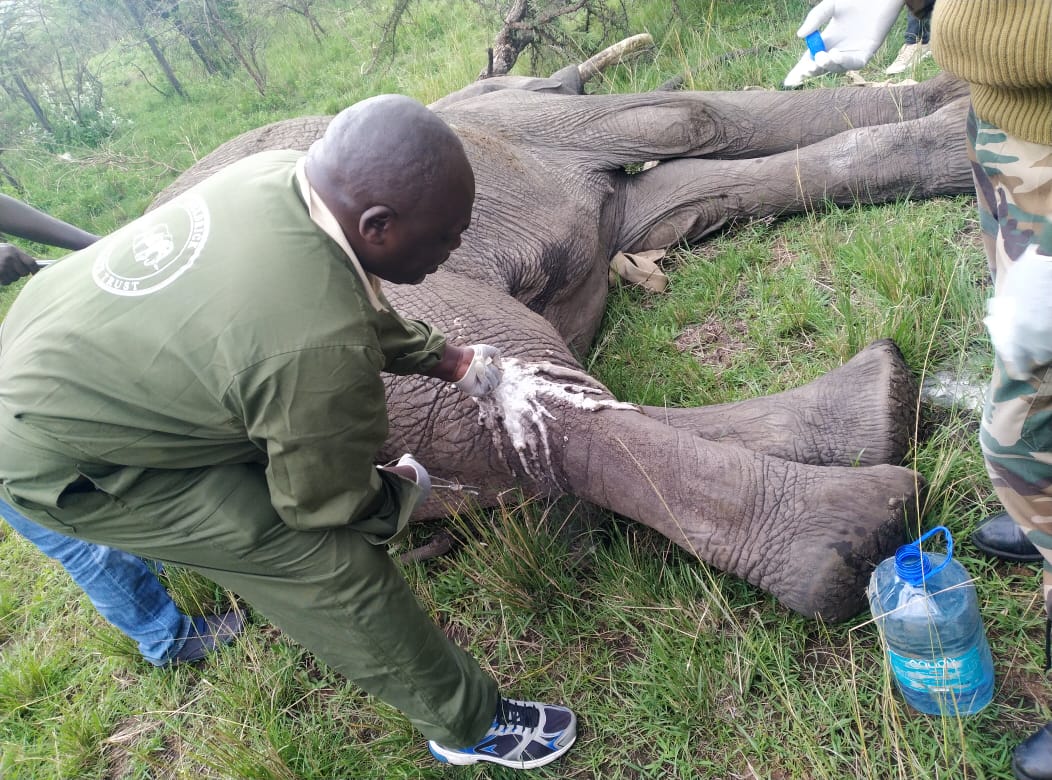
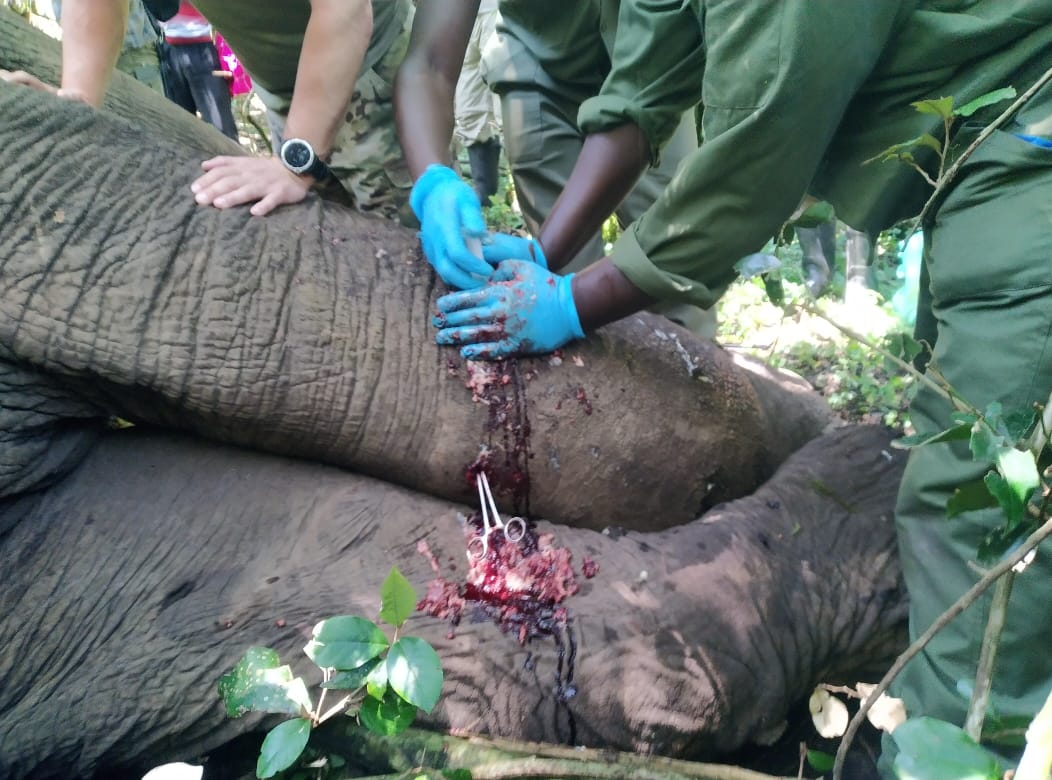
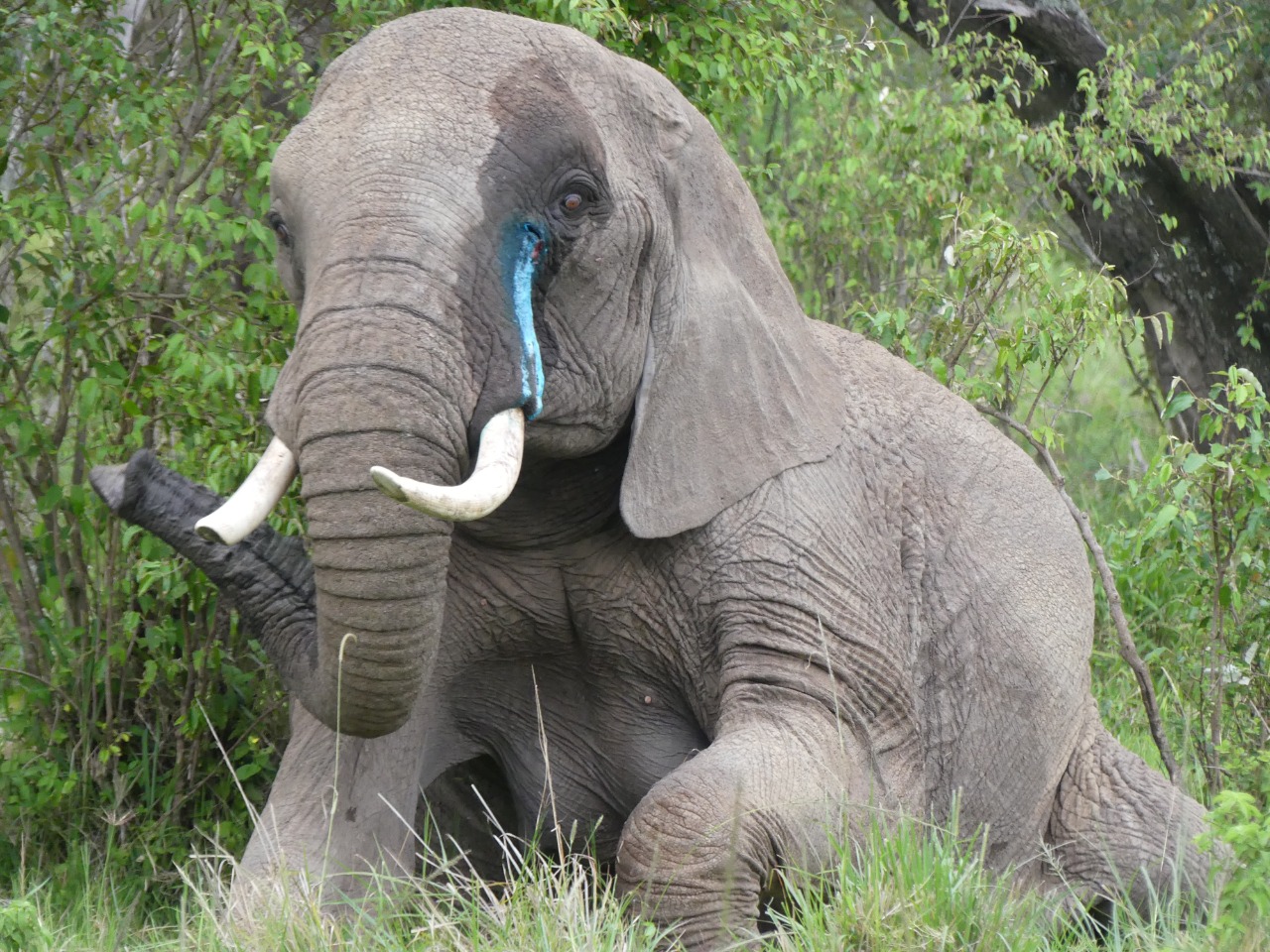
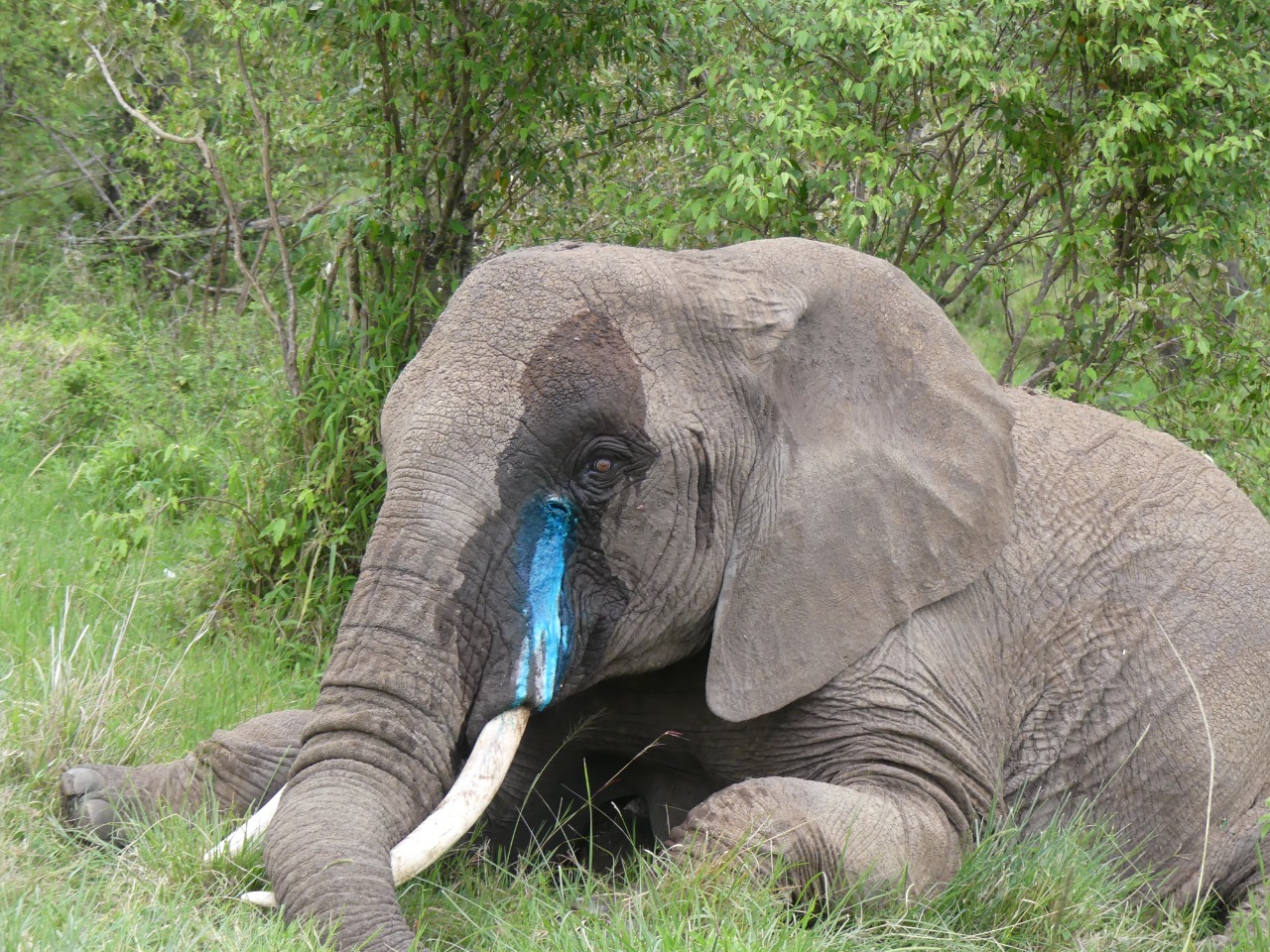
MEP rangers mitigated 10 conflict incidents total in February and March. On March 8, MEP rangers from the “Foxtrot” team responded to conflict involving collared elephant Fitz and his herd in the Nyakweri Forest. The MEP “Golf” ranger unit monitored collared elephant Chelsea while on patrol on February 23. Re-collared by KWS, Wildlife Research and Training Institute (WRTI) and MEP in 2021, Chelsea is a female elephant that currently resides in a herd of nine elephants including two young calves. Chelsea was in good health and came close to the ranger’s vehicle to say hello. On February 10, the LTM team came across collared elephant Ivy alongside her herd of 15 in MNC. In March, collared elephant Kegol was monitored by MEP Senior Warden Zakayo Lenaeku and collared elephant Ivy was monitored by the LTM team on March 8.


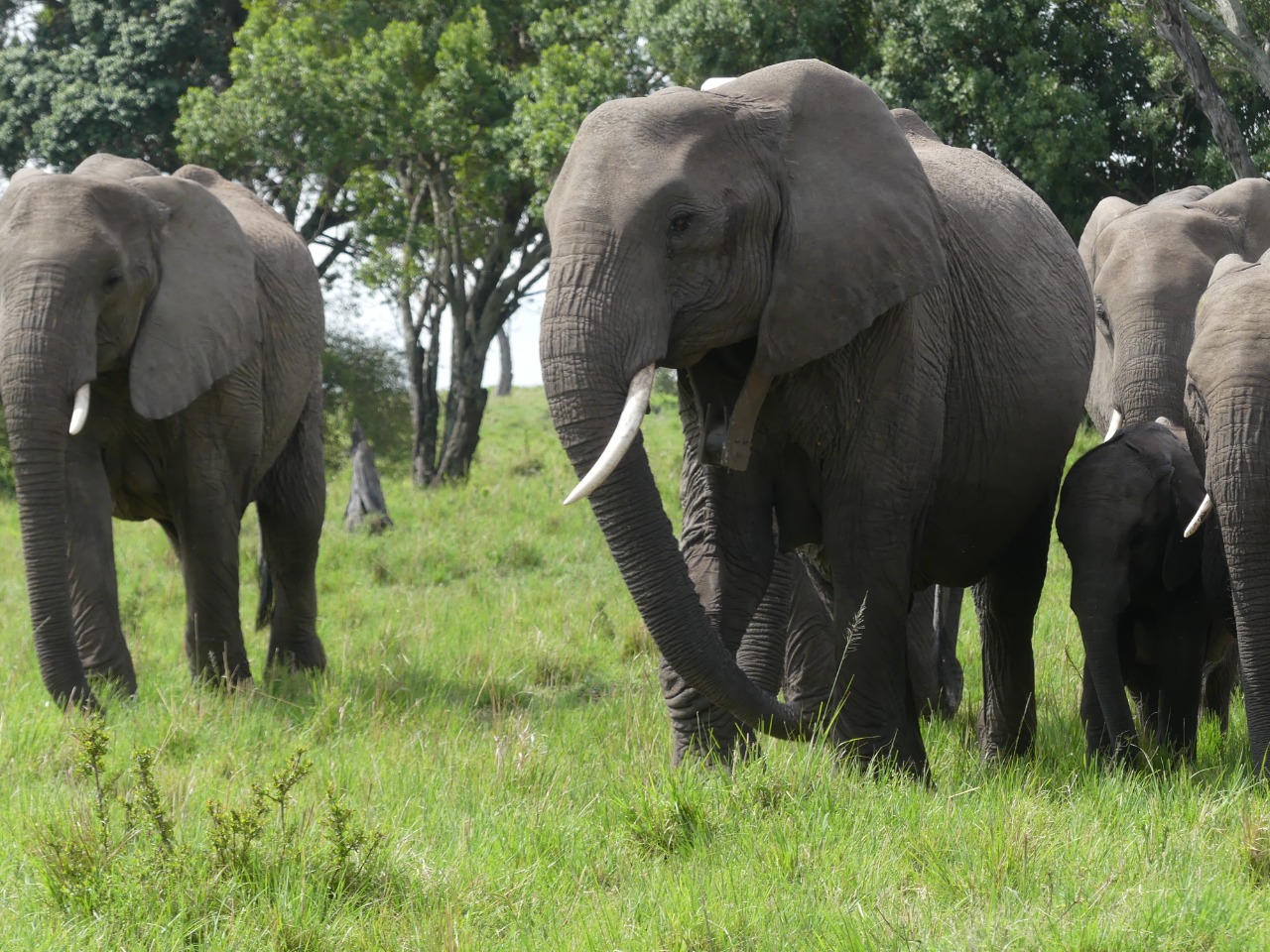
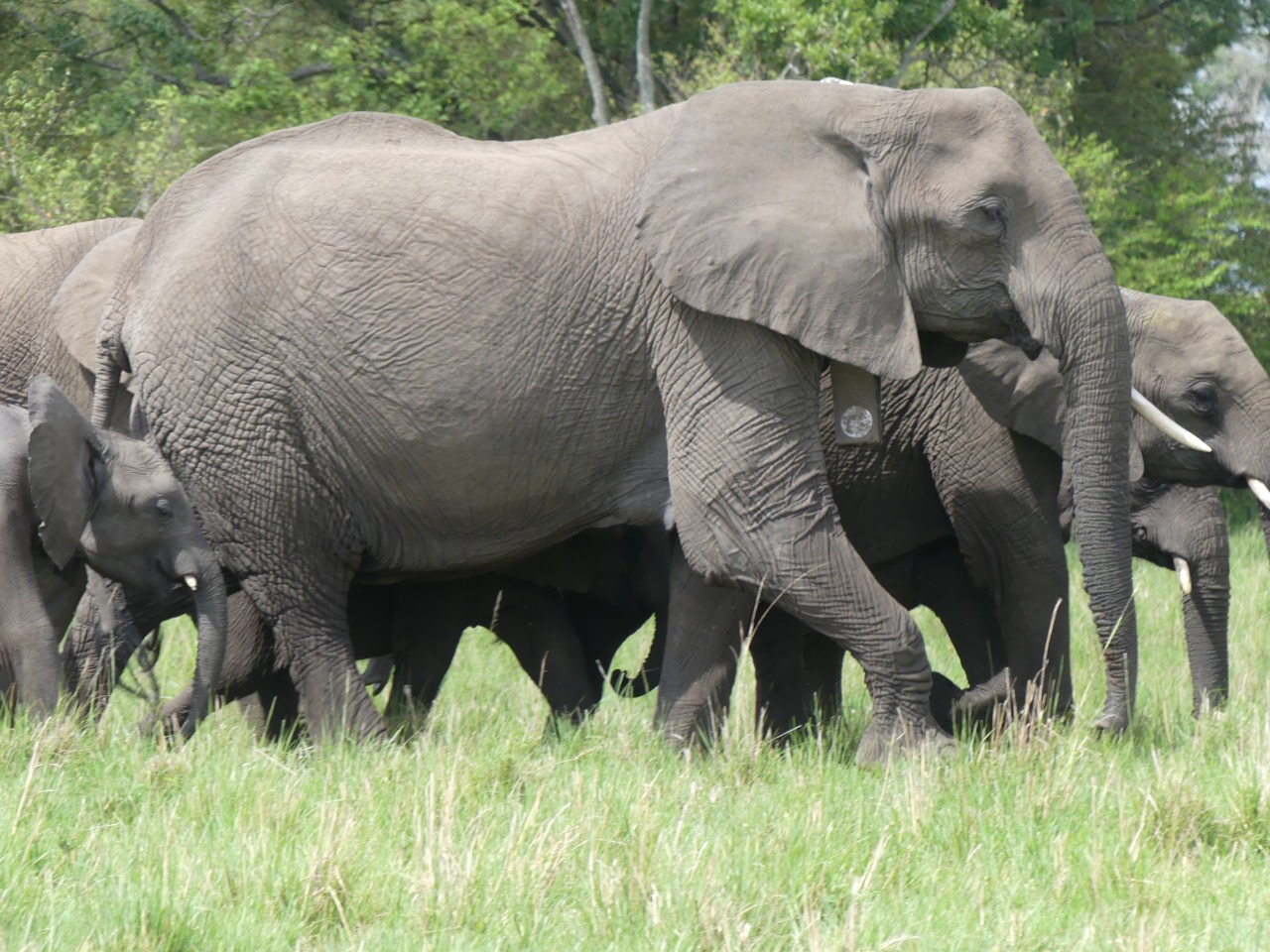
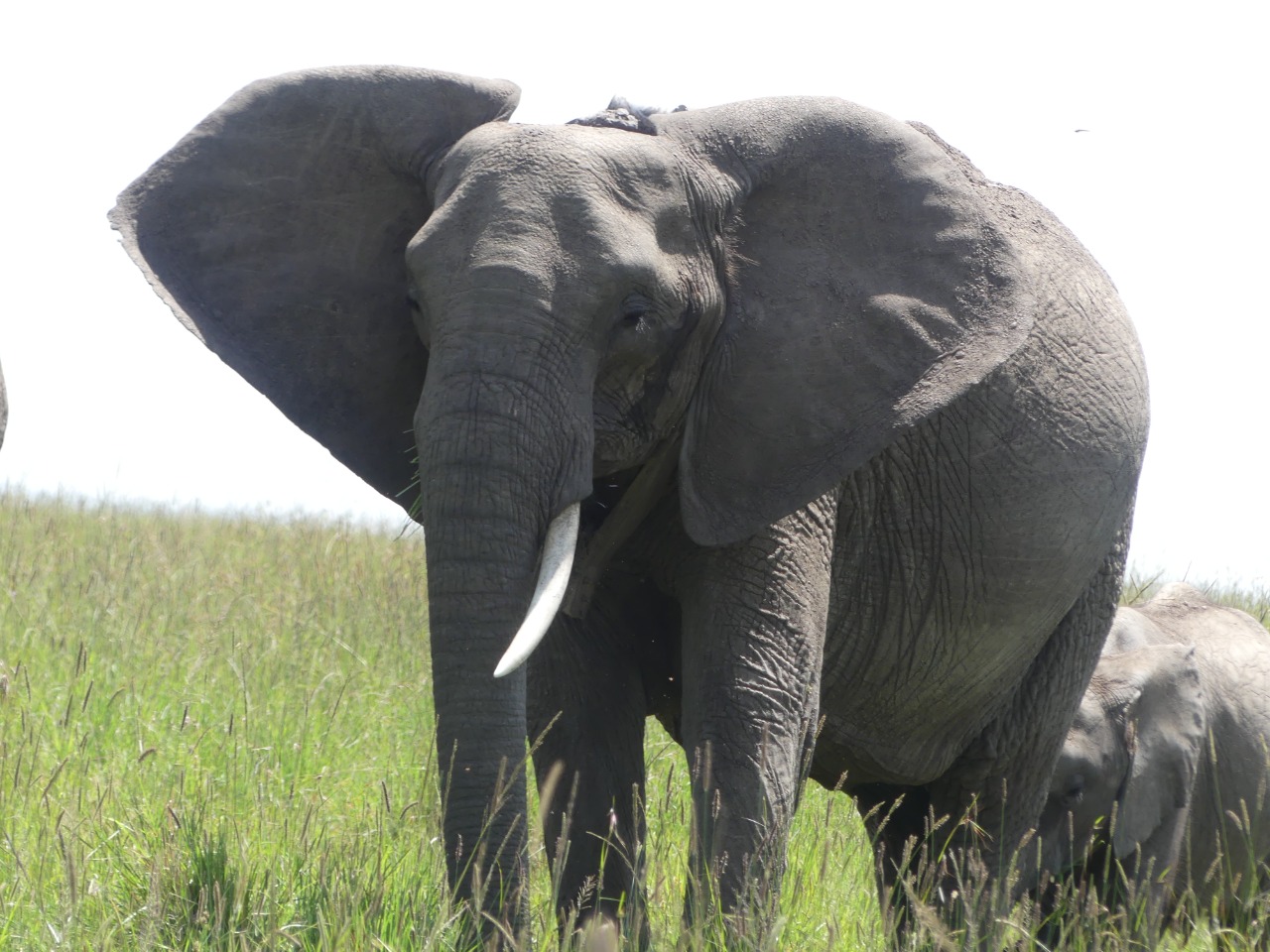
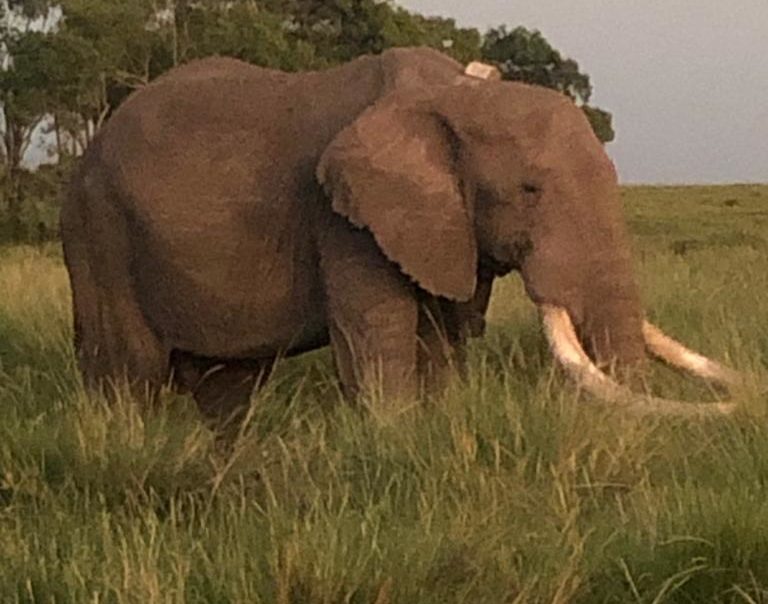
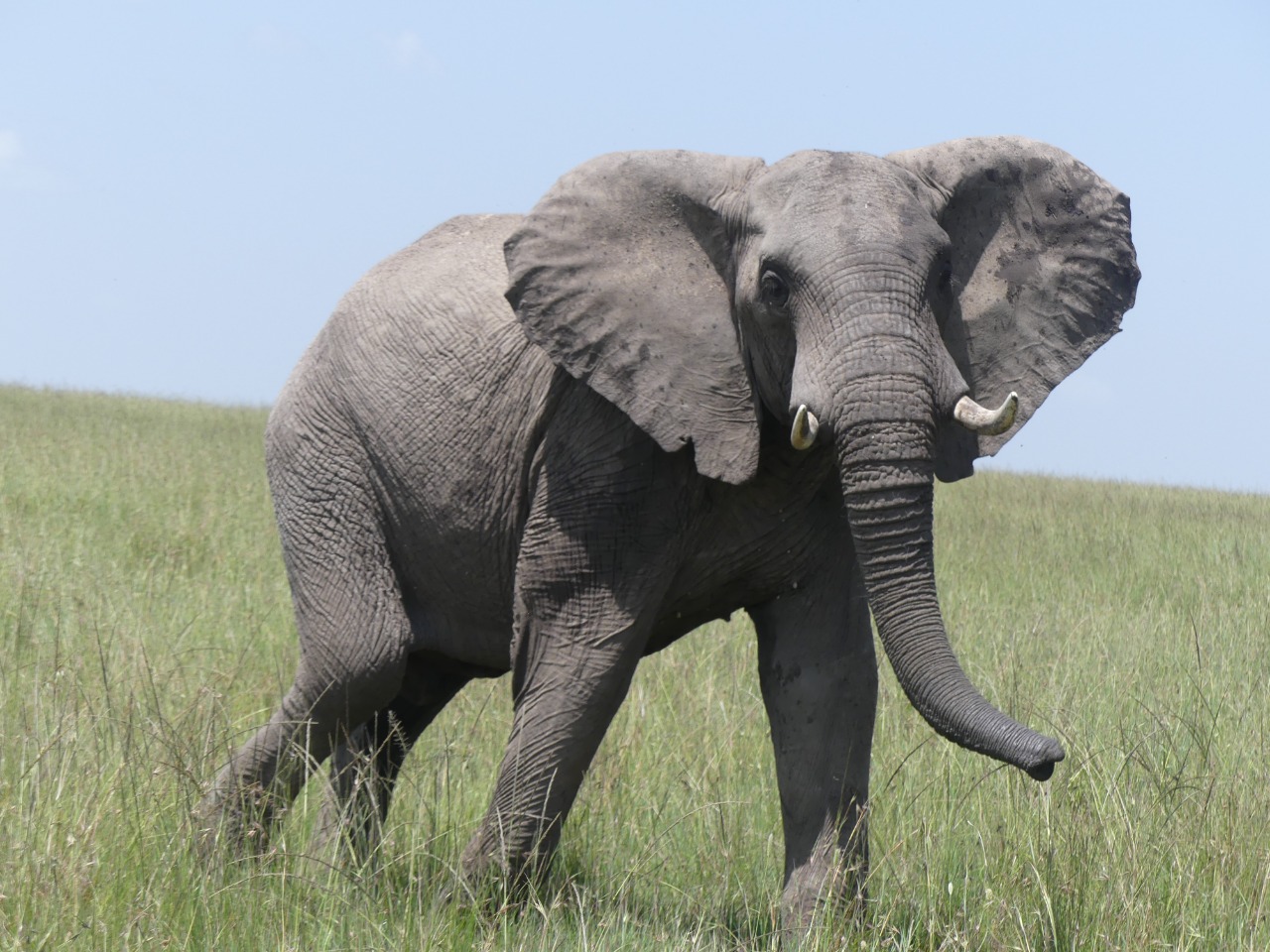
The helicopter was used in two key collaring operations in February alongside KWS and WRTI. On February 22, KWS, WRTI and MEP collared a bull elephant in Nakuru, who was named Lolotoo, meaning “The Traveler”. This large bull elephant is located outside of the Mau Forest, near another collared elephant Ritan, in the Sachanwan Forest and will provide KWS, WRTI and MEP important movement data to illustrate historical range and connectivity between ecosystems. The helicopter was extremely helpful during the collaring with our partner KWS Vet Dr. Limo. The second collaring was with a re-collaring operation for an elephant everyone seems to know very well, Fred. He was re-collared by KWS, WRTI and MEP on February 23 in MNC. Fred is a favorite among staff and the collaring operation was a team effort with KWS Vet Dr. Limo and MEP’s CEO Marc Goss, Director of Research and Conservation Dr. Jake Wall, Conservation Officer Wilson Sairowua as well as the LTM team. Originally collared in 2013, Fred at the age of 47 is one of the largest bulls KWS, WRTI and MEP monitors in the Greater Mara Ecosystem.
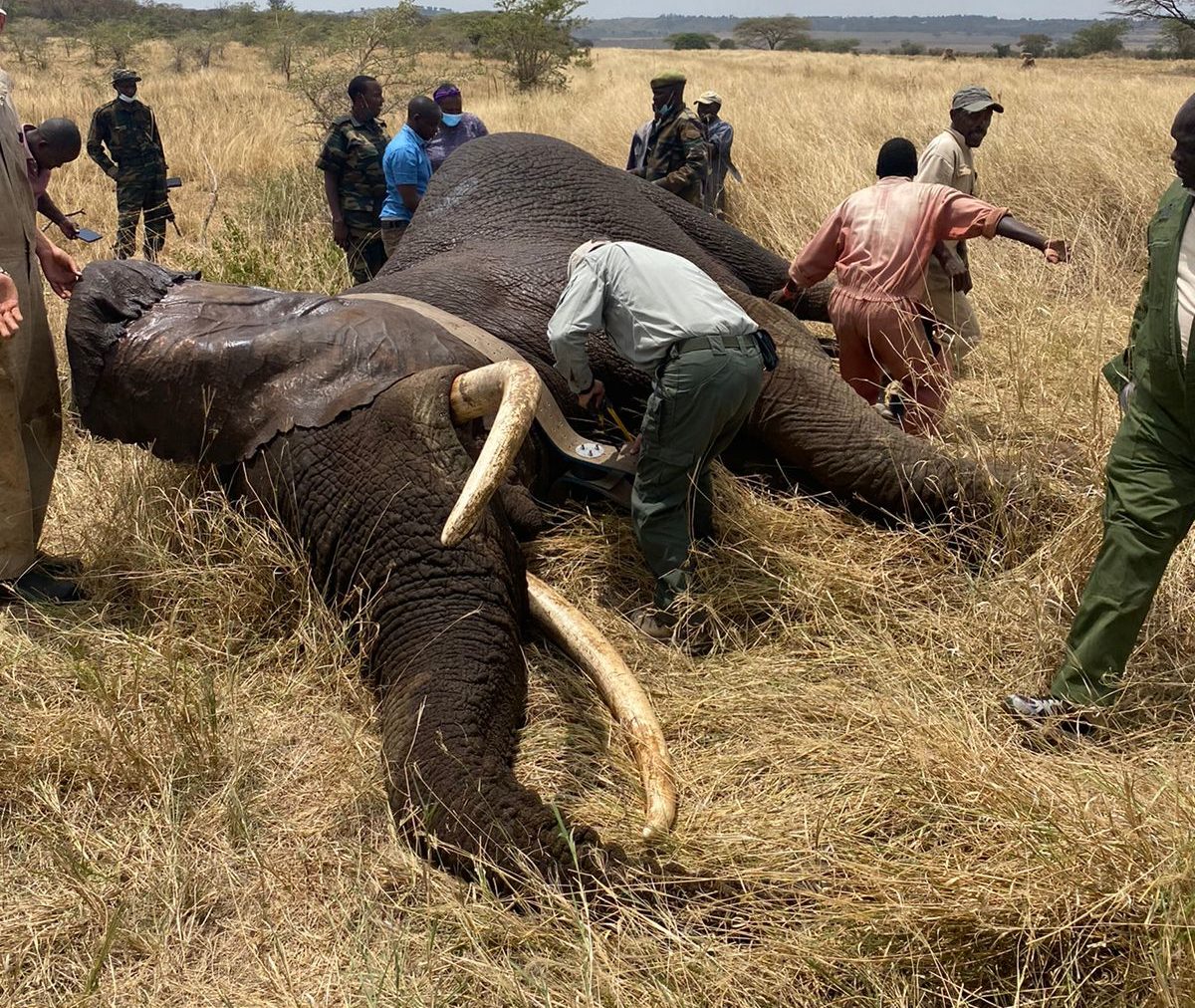


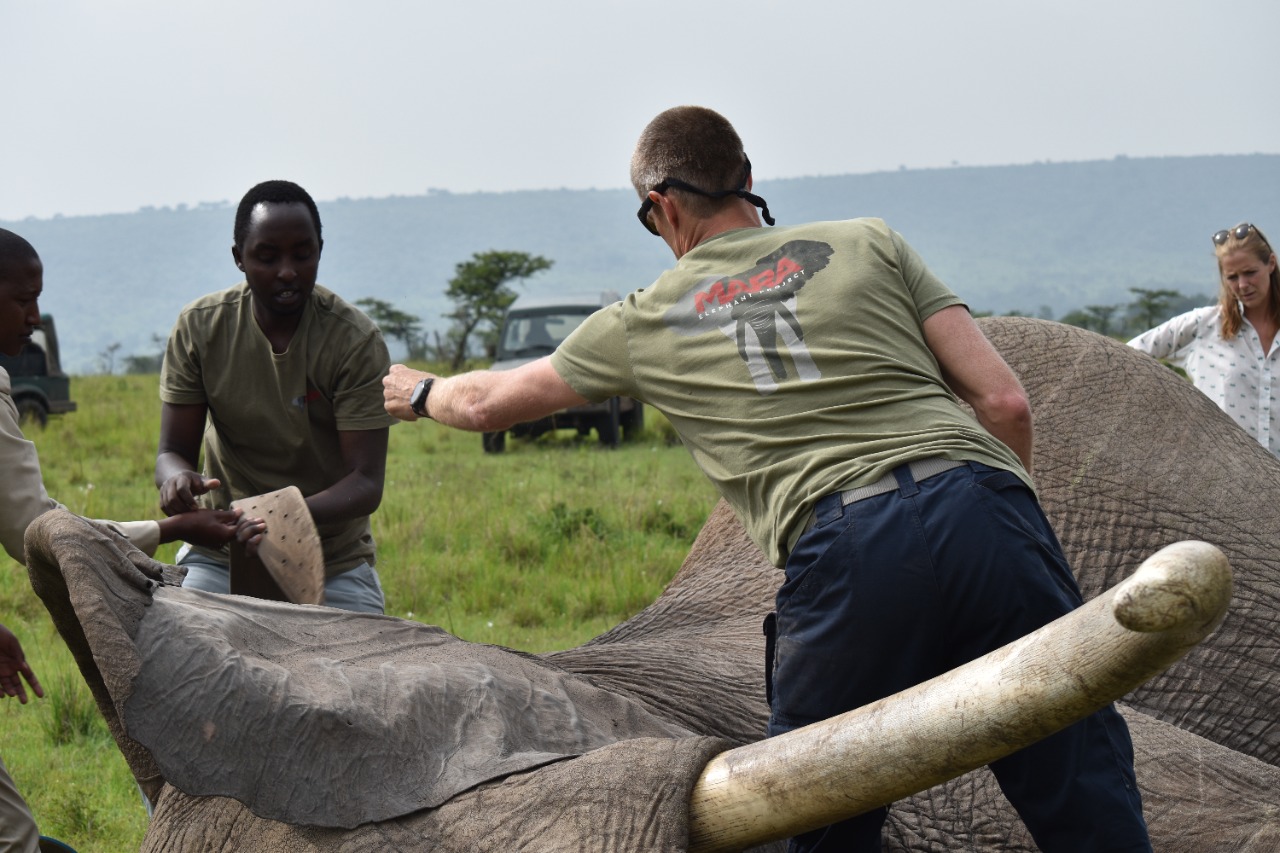
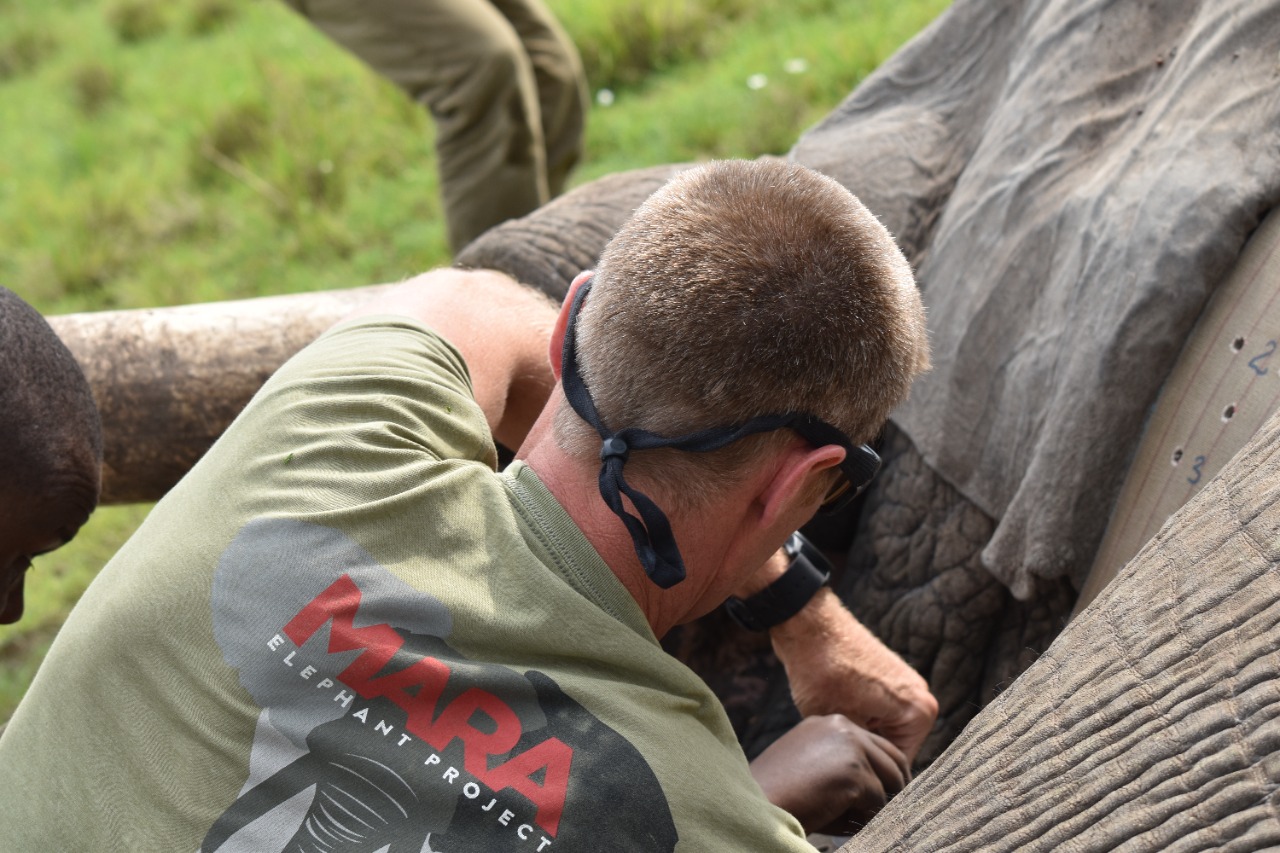
The MEP Research Department made progress on the Ecoscope project that now runs all the data analytics at MEP. They hosted Dr. Holly Dublin for several days to discuss developing a monitoring framework for the Mara conservancies. The 6-month long project will focus on collecting and consolidating ideas about what the key indicators are for measuring the state of the ecosystem.
Director of Research and Conservation Dr. Jake Wall and CEO Marc Goss attended the Planting the Seed workshop in Olderkesi Conservancy. This workshop was attended by a number of NGOs and partners organized by the Royal African Foundation to pick up where they left off two years ago on the Sand River corridor project. Out of this meeting the group agreed on a framework to plan and execute this project. Dr. Wall also attended a 2-day meeting in late March organized by the Greater Serengeti Conservation Society at Lobo Lodge in the Serengeti, Tanzania. The meeting provided an update of current science and evaluation of threats to the Greater Serengeti ecosystem to policy makers and stakeholders.
The Allen Institute for AI (AI2) is supporting an internship program at MEP that is designed to engage top students in STEM related fields to work on applying Artificial Intelligence (AI) and related technologies to solve conservation problems. A student from Canada, Catherine Villeneuve, was selected and paired with two Kenyan students from WRTI to spend time based at MEP’s HQ in Kenya to gain essential insight and field experience.
Another exciting internship announcement that took place in March is The Fran Duthie African Elephant Conservation Scholarship. Fran Duthie and her husband Lorne are loyal supporters of MEP and Fran has served alongside Dr. Jake Wall as the co-founder of Elephanatics, a Canadian elephant advocacy organization. MEP with support from Fran is passionate about building local capacity to foster the next generation of Kenyan conservation heroes. We had over 70 applications come in during March and we’ll be selecting the recipient by May 1.
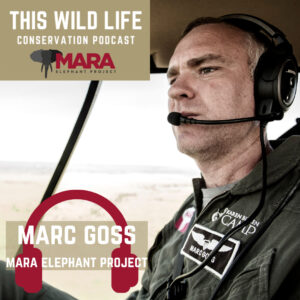 On February 9, MEP CEO Marc Goss was featured on an episode of This Wild Life Conservation Podcast. Each week, the podcast features leading conservationists describing tales of wild adventures and discussing the highs and lows of living and working in the wild. Marc was interviewed by Amy Turner about the last decade of MEP’s operations and how using technology like EarthRanger will positively impact the next decade of operation. Listen here. MEP was also featured alongside our partner Seedballs Kenya in ADF Magazine in February.
On February 9, MEP CEO Marc Goss was featured on an episode of This Wild Life Conservation Podcast. Each week, the podcast features leading conservationists describing tales of wild adventures and discussing the highs and lows of living and working in the wild. Marc was interviewed by Amy Turner about the last decade of MEP’s operations and how using technology like EarthRanger will positively impact the next decade of operation. Listen here. MEP was also featured alongside our partner Seedballs Kenya in ADF Magazine in February.
Thank you to Nature’s Pitch for supporting the MEP Experimental Farm Project with a $17,000 grant. To celebrate Women’s History Month, and this grant, we shined a light on a very important woman in conservation, our very own Beatrice Karanja. Read more about how MEP Chairwoman Beatrice Karanja supports the acceleration of Kenyan women in science and natural capital growth here.
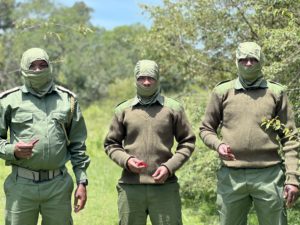 Thank you to the Nobelity Project for supporting MEP with 50 kg of seedballs from Seedballs Kenya. We also received a grant payment from AI2 to support a Kenyan software developer to advance MEP’s EarthRanger software. We celebrated World Wildlife Day on March 3, and the 2022 World Wildlife Day Film Showcase: Recovering Species includes films spreading the message that the restoration of a key species is a key element of the planet’s environmental health and biological diversity. MABINGWA, a film featuring some of the work of MEP, was given an honorable mention in the contest. In addition, LifeStraw, donated 50 straws for MEP rangers. We are so grateful for their support. Thank you to the donors for sending the most recent essentials from MEP’s Amazon Wish List that included tactical hoods/masks and Swiss Army multi-tools. Find more items here. We’d also like to thank the Leslie L. Alexander Foundation for their continued loyal support of our organization. Additional thanks to Linda Morse, Jeffrey & Katerina Fadiman, SerVaas Charitable Fund (it was so lovely to host Peter) and Nancy Meyer for their very generous support in March. Additionally, we received our 2022 installment from the Indianapolis Zoological Society for their grant and another $7,500 grant from the JE Fehsenfeld Family Foundation, which has loyally supported MEP over the years. Kaila Fusco Designs supported MEP through sales of her jewelry, thank you!
Thank you to the Nobelity Project for supporting MEP with 50 kg of seedballs from Seedballs Kenya. We also received a grant payment from AI2 to support a Kenyan software developer to advance MEP’s EarthRanger software. We celebrated World Wildlife Day on March 3, and the 2022 World Wildlife Day Film Showcase: Recovering Species includes films spreading the message that the restoration of a key species is a key element of the planet’s environmental health and biological diversity. MABINGWA, a film featuring some of the work of MEP, was given an honorable mention in the contest. In addition, LifeStraw, donated 50 straws for MEP rangers. We are so grateful for their support. Thank you to the donors for sending the most recent essentials from MEP’s Amazon Wish List that included tactical hoods/masks and Swiss Army multi-tools. Find more items here. We’d also like to thank the Leslie L. Alexander Foundation for their continued loyal support of our organization. Additional thanks to Linda Morse, Jeffrey & Katerina Fadiman, SerVaas Charitable Fund (it was so lovely to host Peter) and Nancy Meyer for their very generous support in March. Additionally, we received our 2022 installment from the Indianapolis Zoological Society for their grant and another $7,500 grant from the JE Fehsenfeld Family Foundation, which has loyally supported MEP over the years. Kaila Fusco Designs supported MEP through sales of her jewelry, thank you!
We celebrated International Women’s Day in March by introducing Abigael, a Kenyan working mother leading the MEP Experimental Farm exploring alternative crop scenarios that might help reduce the elephant crop-raiding pressure and diversify financial income for local farmers. Since starting the farm, Abigael and her team have had many visitors from the nearby community and beyond who are excited and curious about their work. People in this area of high conflict seem optimistic that we can work together to find a solution.
We had many amazing entries in February and March in the Greatest Maasai Mara photo competition. Thank you to everyone who supported us in this competition sponsored by Angama Foundation.
A February entry from Jules Oldroyd Photography.
Finally, the Sidekick Foundation, Inc. doing business as Mara Elephant Project USA in the U.S. has a new executive director. Claire Bolles has been promoted to the position effective February 15, 2022. Many of you already know Claire as she’s worked over the last six years on MEP’s communications and fundraising initiatives. We want to thank Trey Fehsenfeld for all of his time and effort spent championing MEP as executive director of Sidekick Foundation and as a trustee on the MEP Kenya Board of Trustees.
